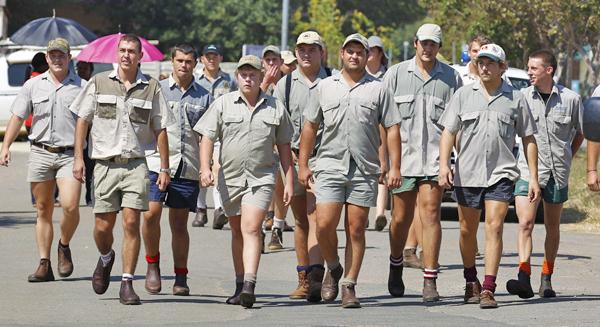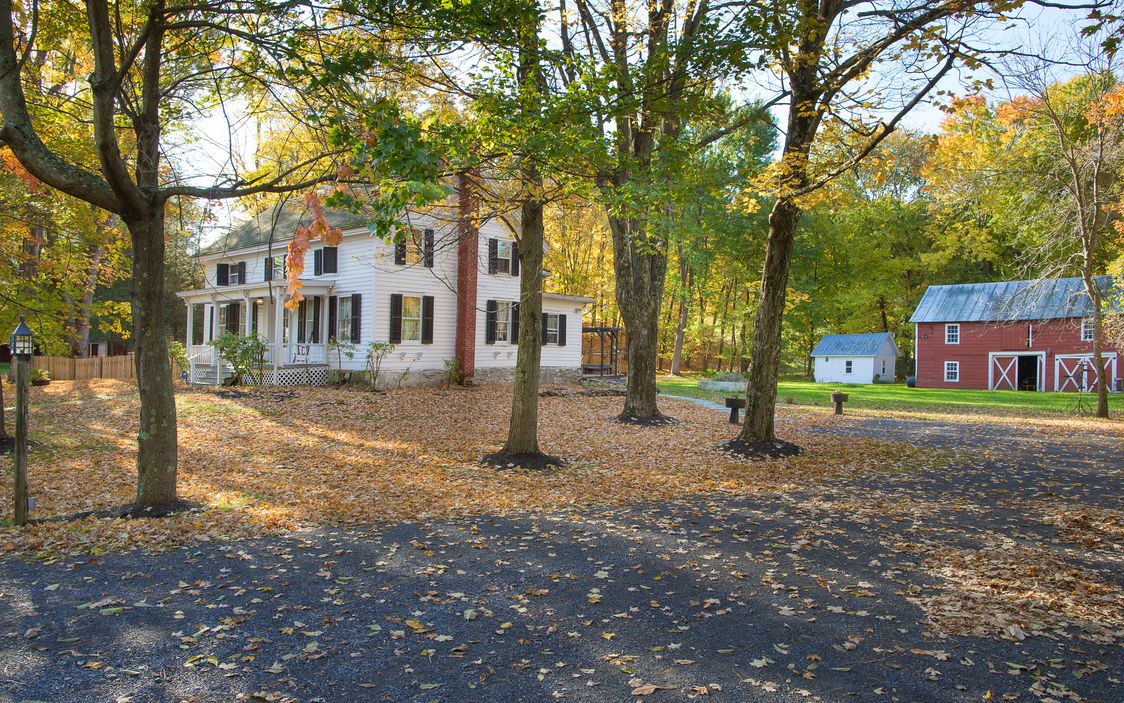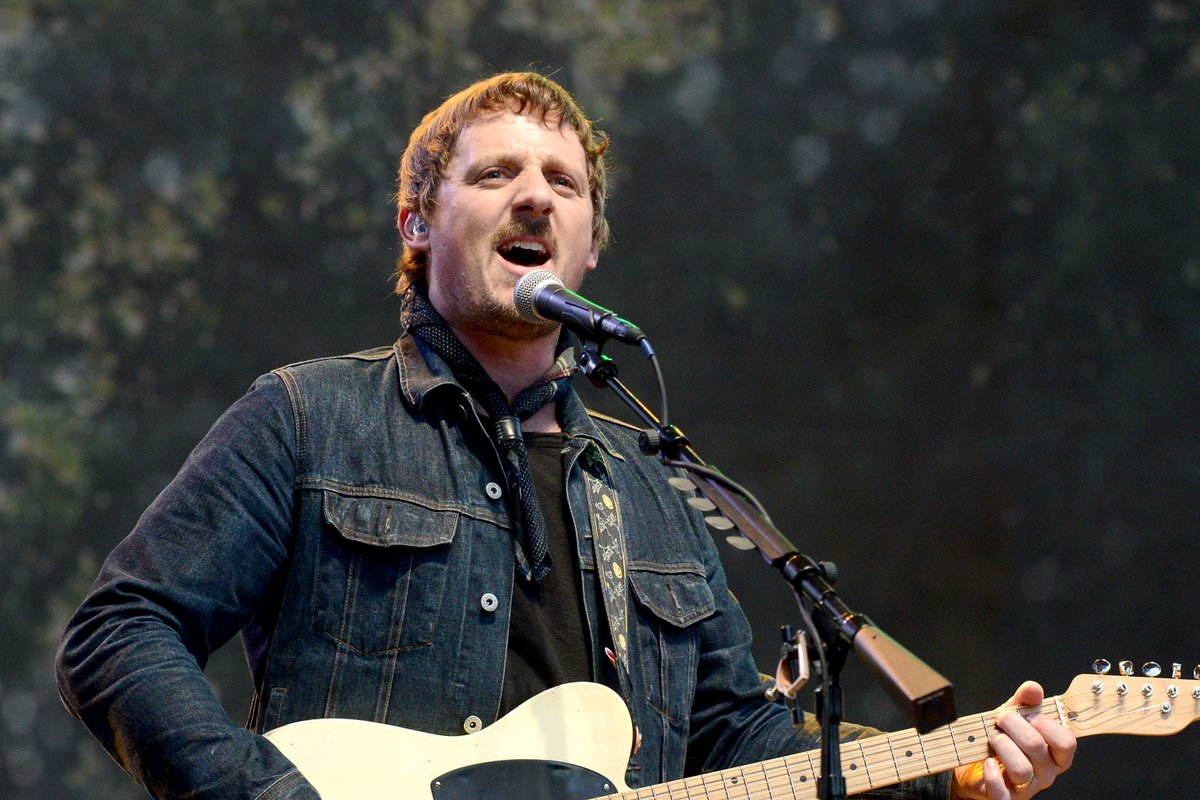Less than 10% of South Africa’s nearly 60 million are considered “white.” Of that number, just over ½ are considered “Boer,” or more specifically “Afrikaner.” 
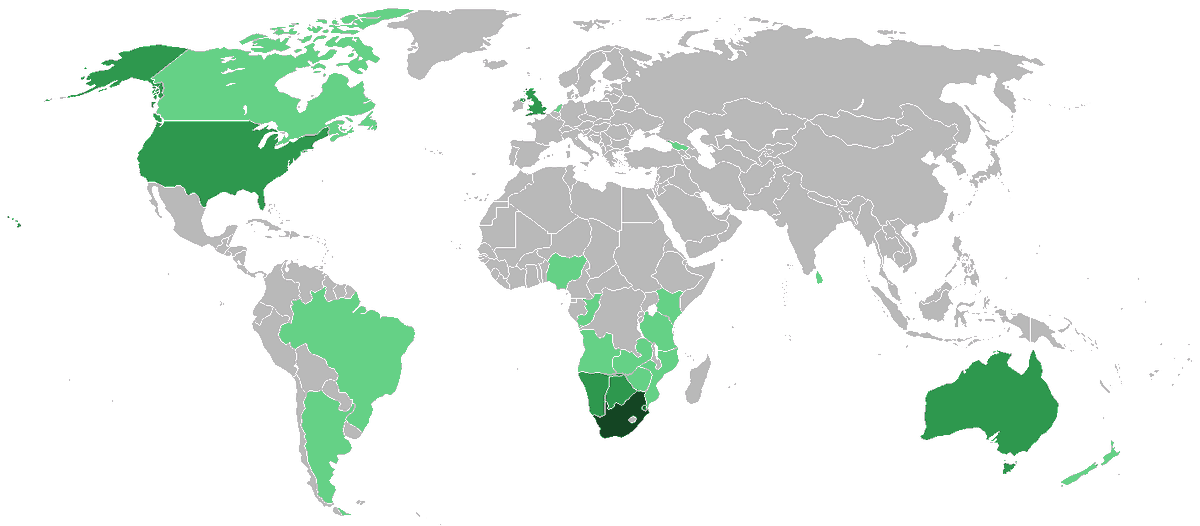
The entire worldwide Afrikaner population numbers under 5 million, distributed throughout South Africa (primarily), Namibia, Botswana, Zimbabwe, Zambia, England, Canada, the US, Argentina, Australia, NZ, Brazil, and even a few in the Central Asian country of Georgia. 
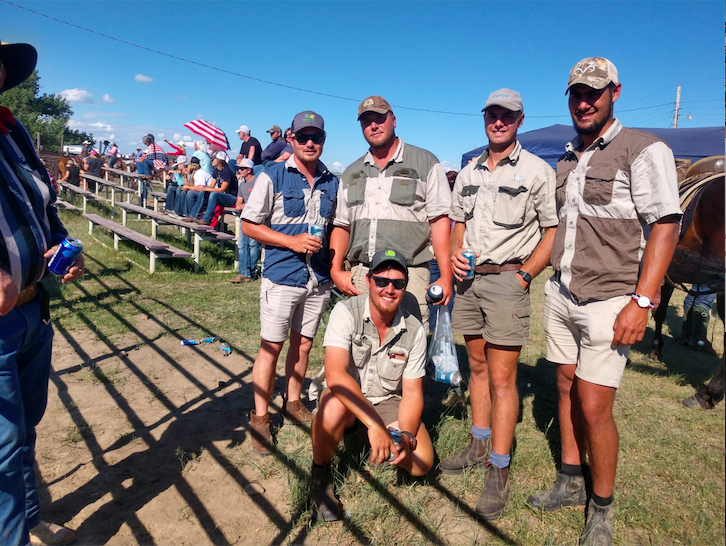
“Boer,” the Afrikaans word for “farmer” carries a great deal of cultural significance, as it cuts to the core of their identity as a people, chiefly a sacred devotion and attachment to South African soil. 
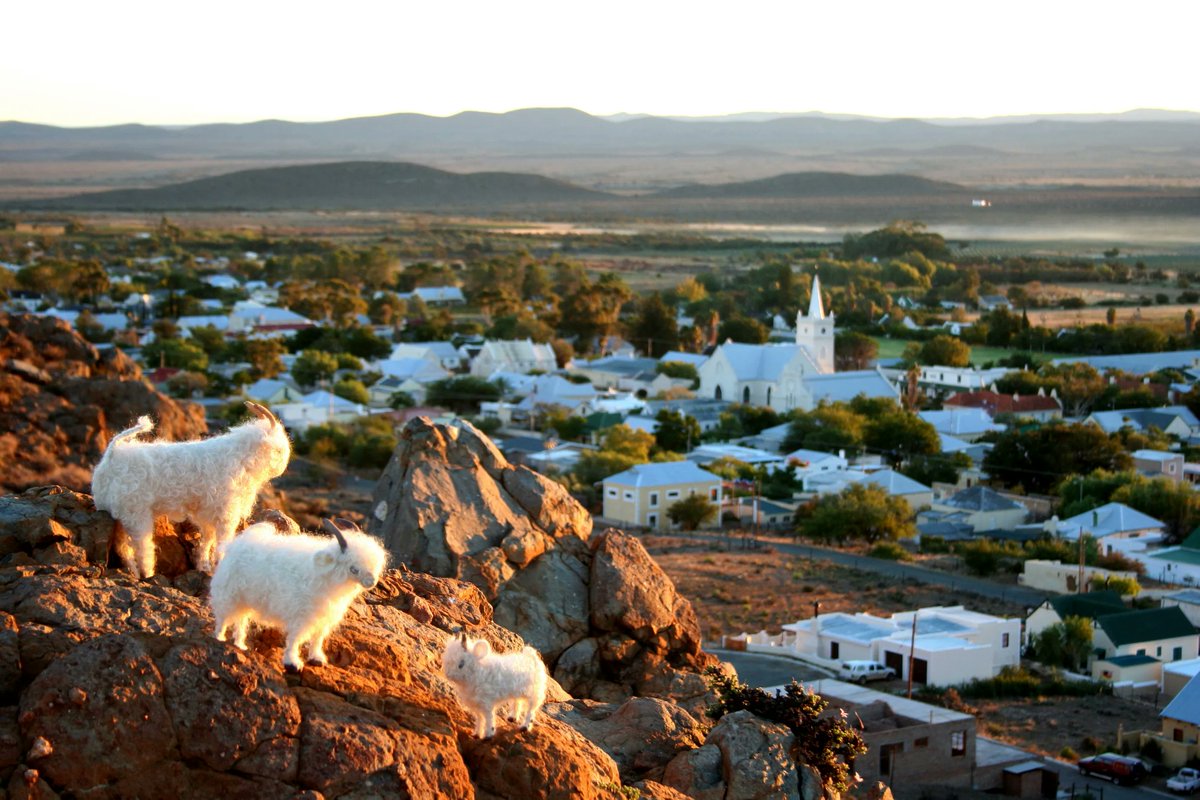
I had no familiarity with Boers prior to a trip to South Africa in 2009. I had never heard of Afrikaaners or Afrikaans and found the idea of a group of rustic, rural types driving Land Rovers across the scrub landscape incredibly novel. 
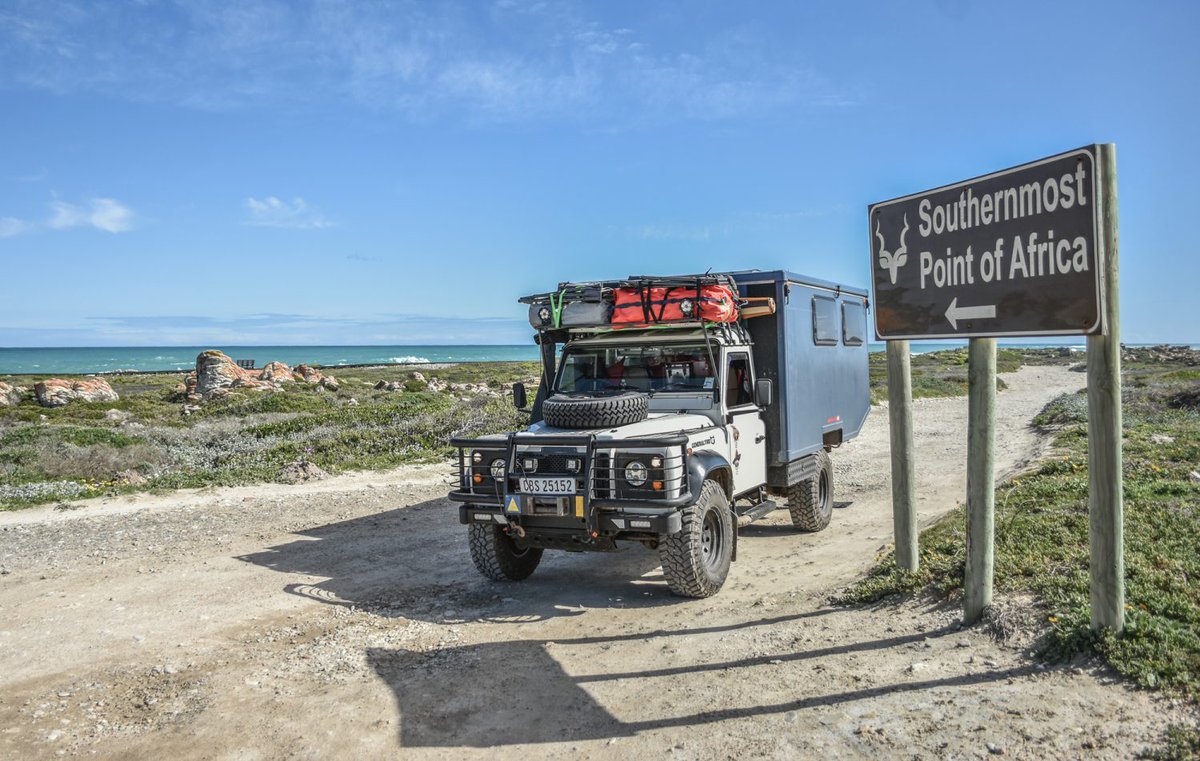
Over the course of 3 years, I lived among Afrikaners - I stayed, ate, laughed, worked, and worshiped with them, and have never been so readily and easily adopted by a group of people who were not my own, but treated exactly as if I were. 
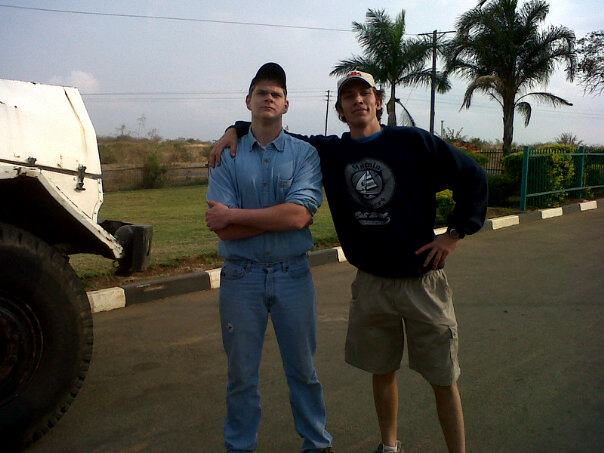
I learned to converse in Afrikaans, listened to Boer country music (simply called, “Afrikaans”), and even started wearing their particular brand of clothes (that makes it look like they’re like perpetually on a safari, which in some ways, they are). 
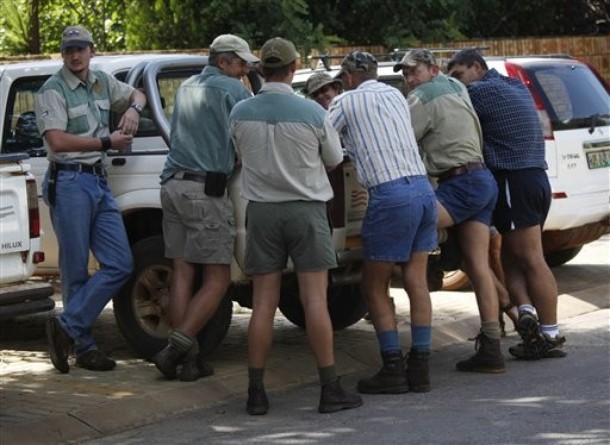
I say all this to put my biases on the table: I love the Boers. Medical issues resulted in my premature exit from time in Southern Africa, but in another life, I would have been completely content to live out my days among the Boers.
In case you’re not familiar with the basics of Boer history, here’s a short primer (skip ahead for cultural commentary):
The Cape Colony was founded by the Dutch East India Company (1652). A mid-point between Asia and Europe, the CC was populated with an incredibly diverse array of peoples- Malaysian, Dutch, French Huguenots, German Protestant dissidents & local Africans. 
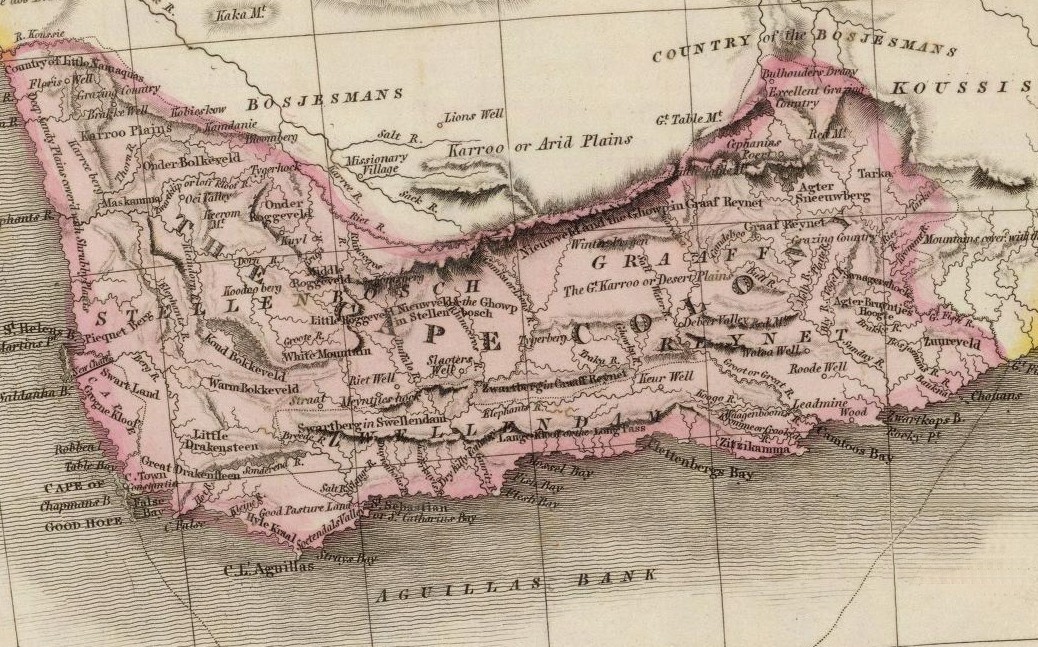
Contrary to popular belief, the interior of South Africa was largely unpopulated- this is evidenced by the fact that it took well over 100 years for the Dutch settlers to encounter a large contingent of African peoples (the Xhosa). 
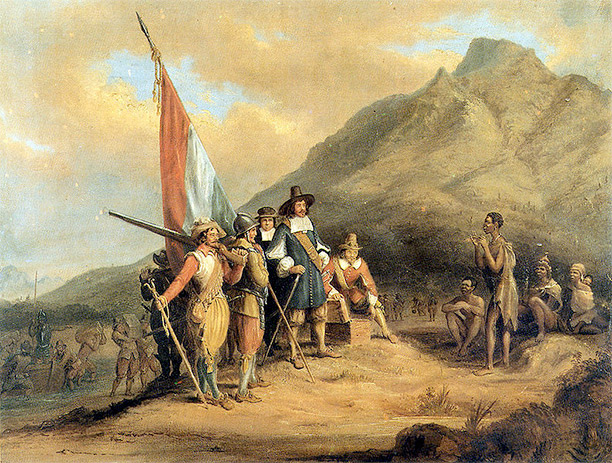
After the occupation of the Cape Colony by the British in 1795, the CC traded owners several times, eventually landing solely in British hands in 1806. Dutch (or, Boer) settlers were discontent with the change in rule and started moving inland. 
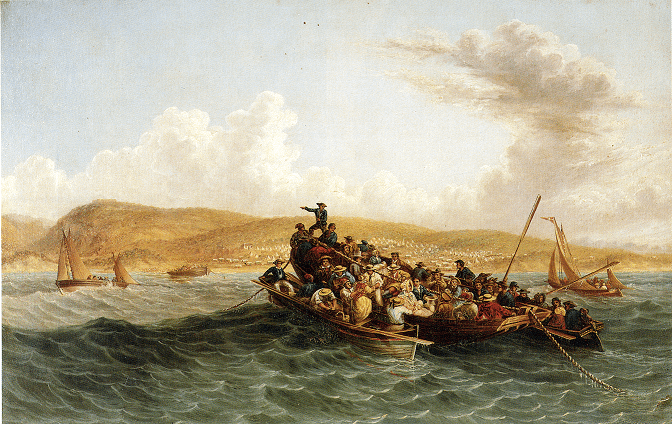
This portion of South African history parallels similar events in the US, Canada, and Australia. Pioneers traveling over covered wagons faced dangers from wildlife, illness, and natives. A similar historical consciousness exists in all 4 nations, namely a pioneer spirit. 
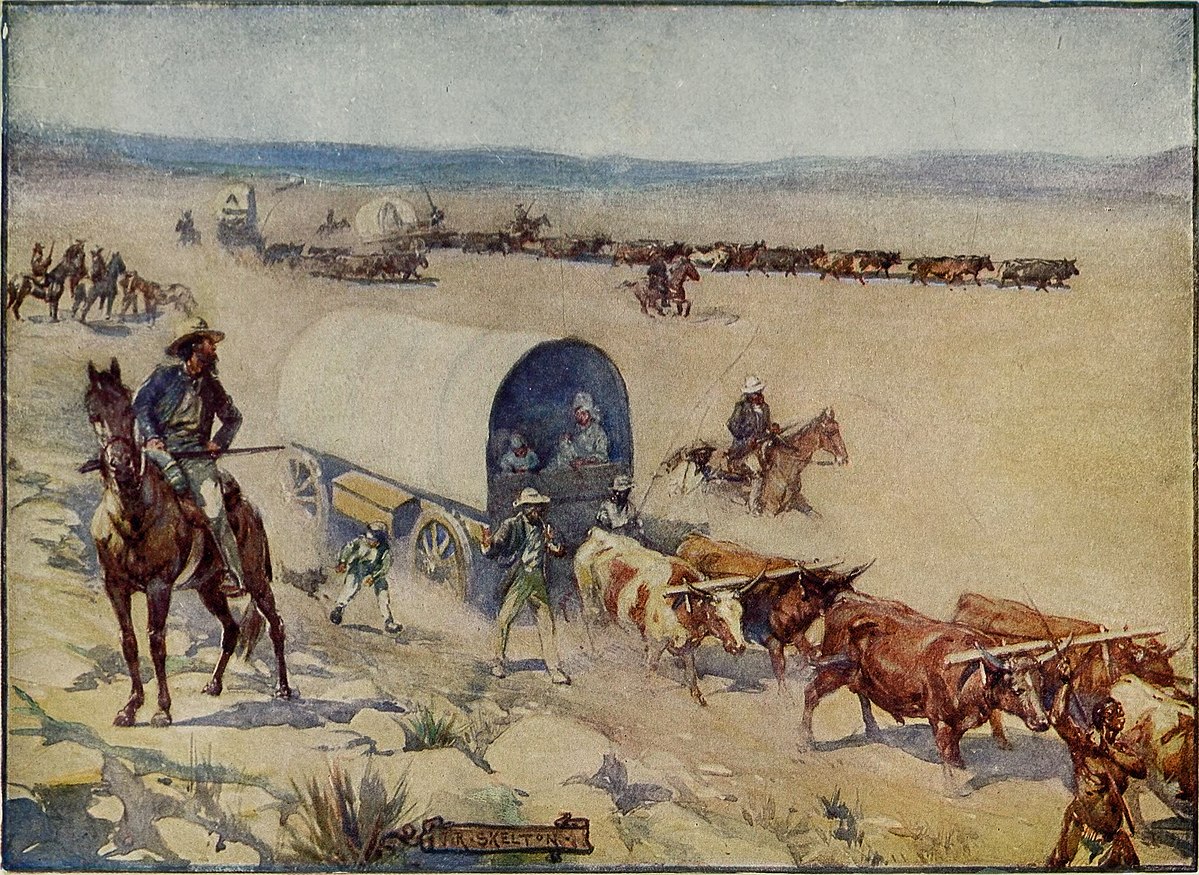
The history of the Boer “treks” is absolutely fascinating, and worth reading about. If you do dig into this period of history, you’ll probably feel shortchanged that you never knew anything about it (resources at the end of this thread). 
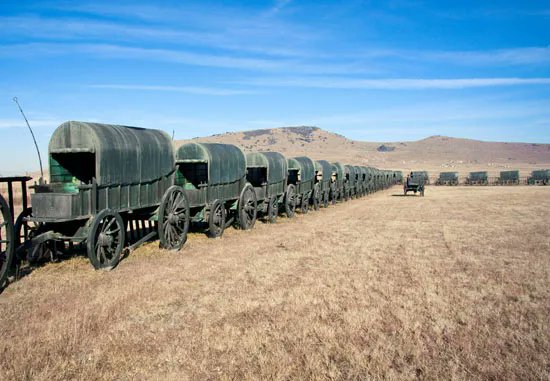
By the 1830s, slavery was outlawed in the British Empire. There’s no doubt that this was a driving force in the (limited) Boer exit from the Cape, but this fact is usually used by Boer enemies as a bludgeon to paint the Afrikaner as a wicked tyrant. 
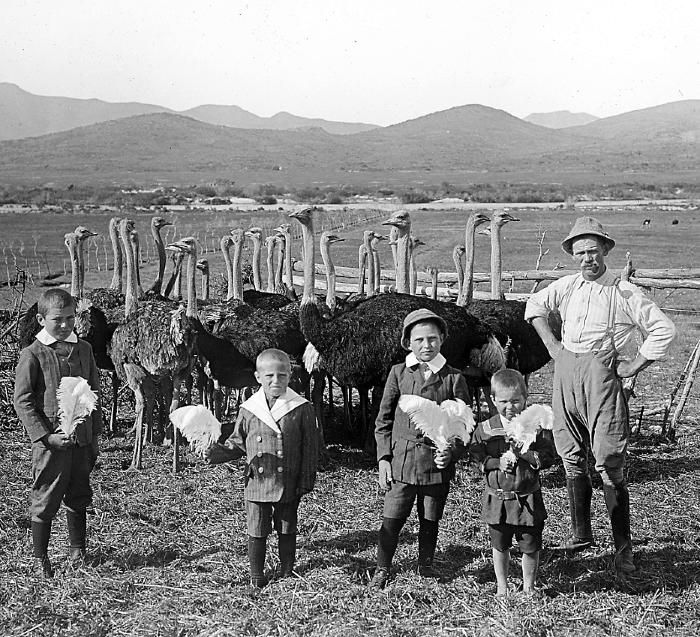
The Boers created several independent Republics, the most well-known and longest-lasting being the Transvaal & the Orange Free State. These were explicitly Reformed, Christian nations that encouraged and cultivated the rural lifestyle so integral to the Afrikaner identity. 
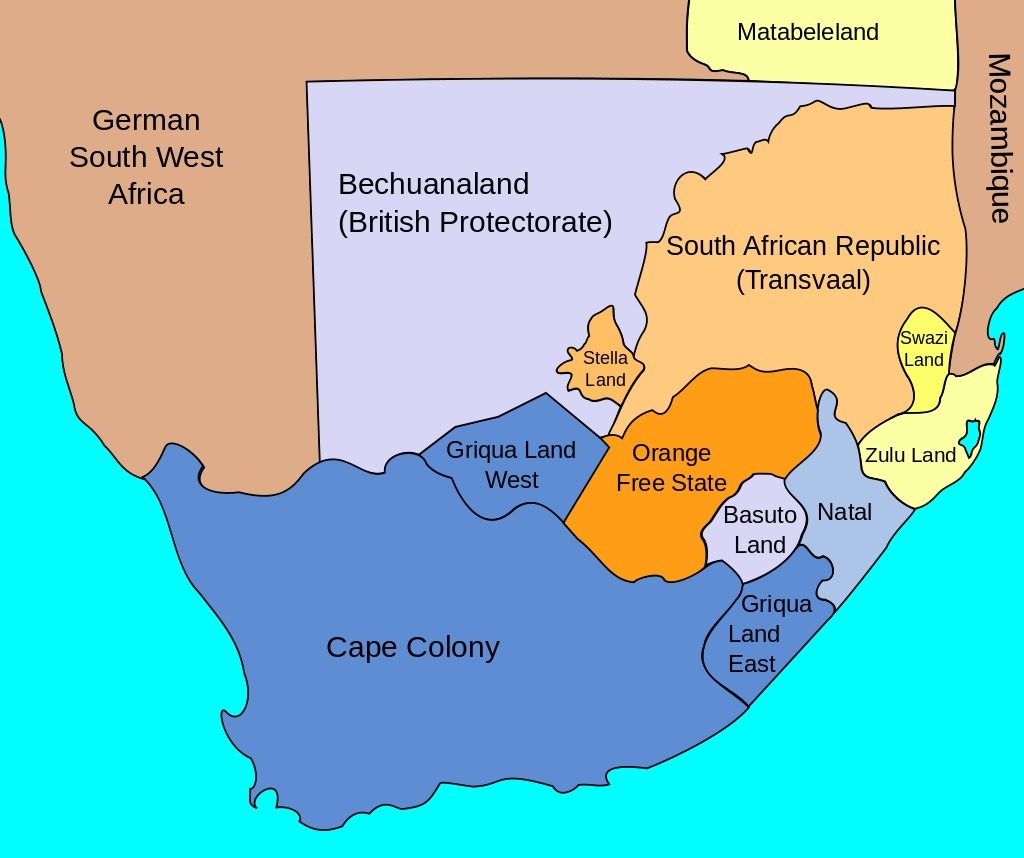
Tensions between the British & the Boer Republics eventually blew up into 2 conflicts in the late 1800s. The 1st Anglo-Boer War was a brief but humiliating loss for the British Empire, as the Boers outperformed the professional English army. 
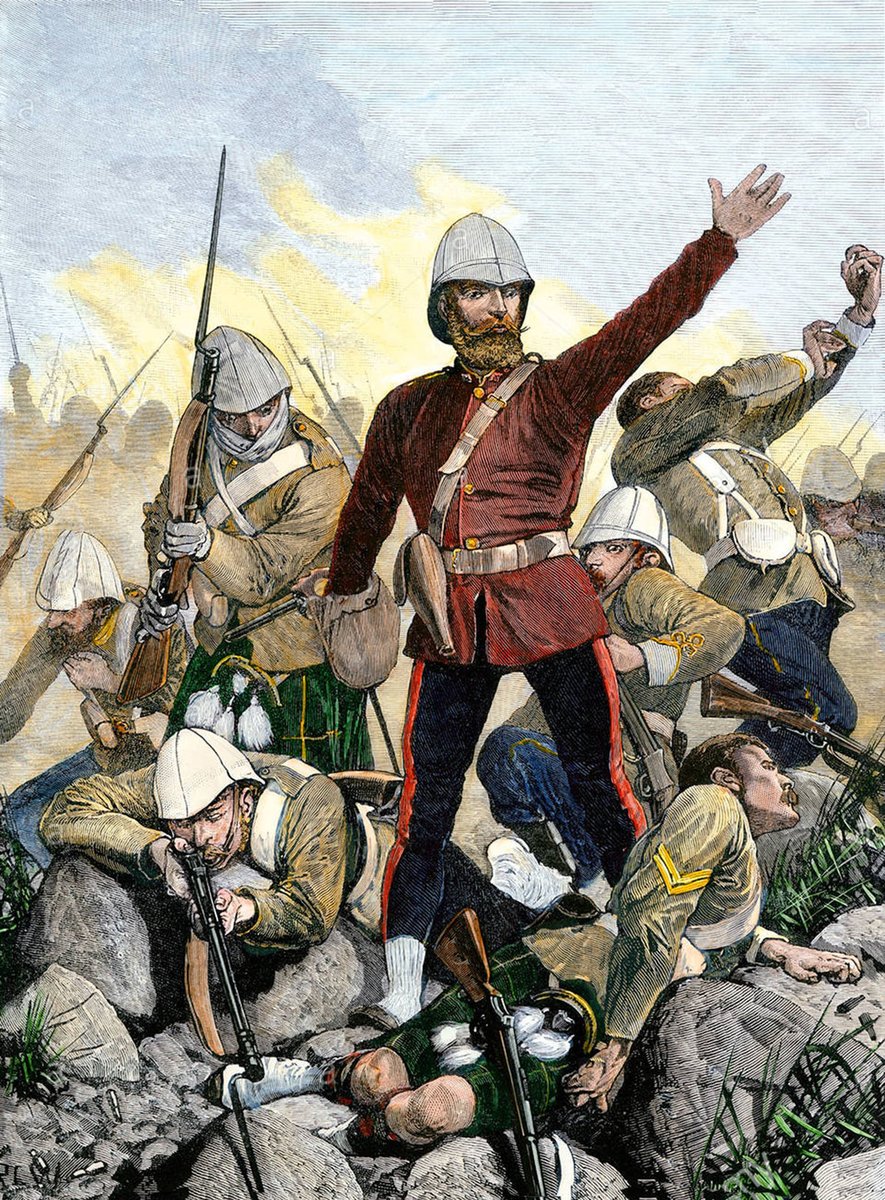
The 2nd Anglo-Boer War (1899-1902) was a much more bitter event. The war dragged on for several years due mostly to the unwillingness of rural Boer commando groups to surrender. In the meantime the British enacted draconian measures for dealing with the Boers. 
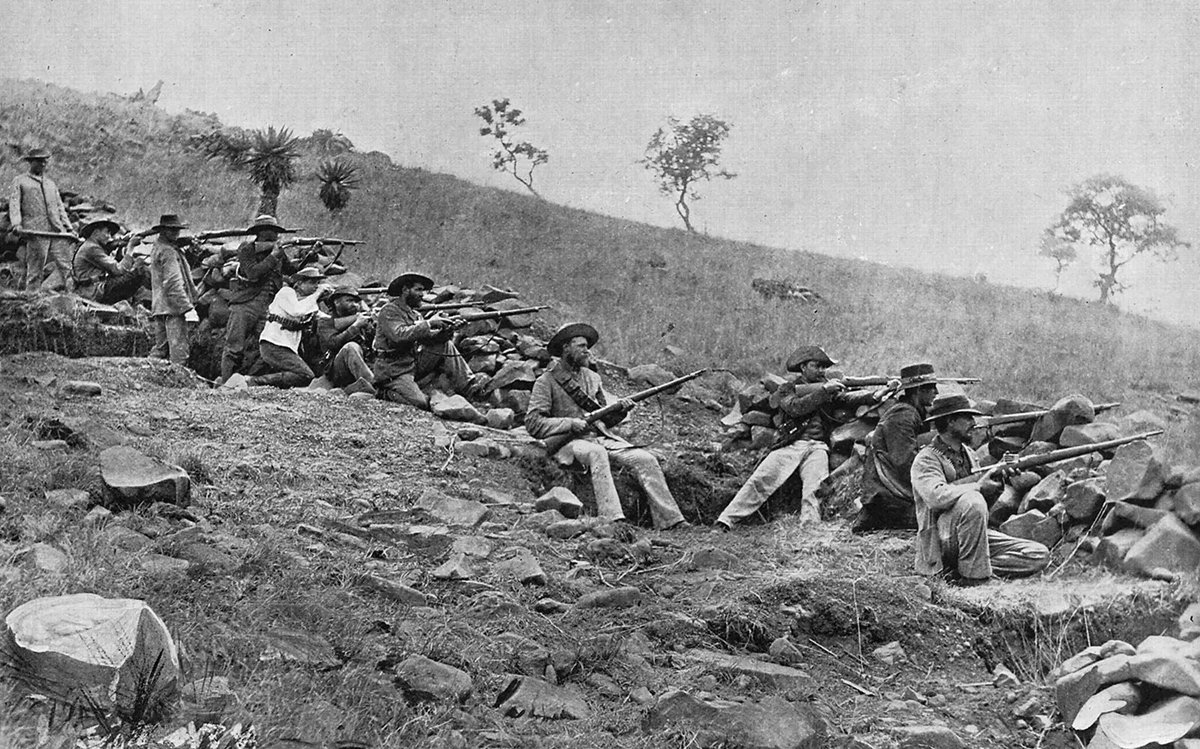
The atrocities committed by the British during this period have not been forgotten. There is, continually, no great love for the British among the Afrikaners. Like the American Civil War, the Boer War is deeply complex & requires putting in work & research to understand. 
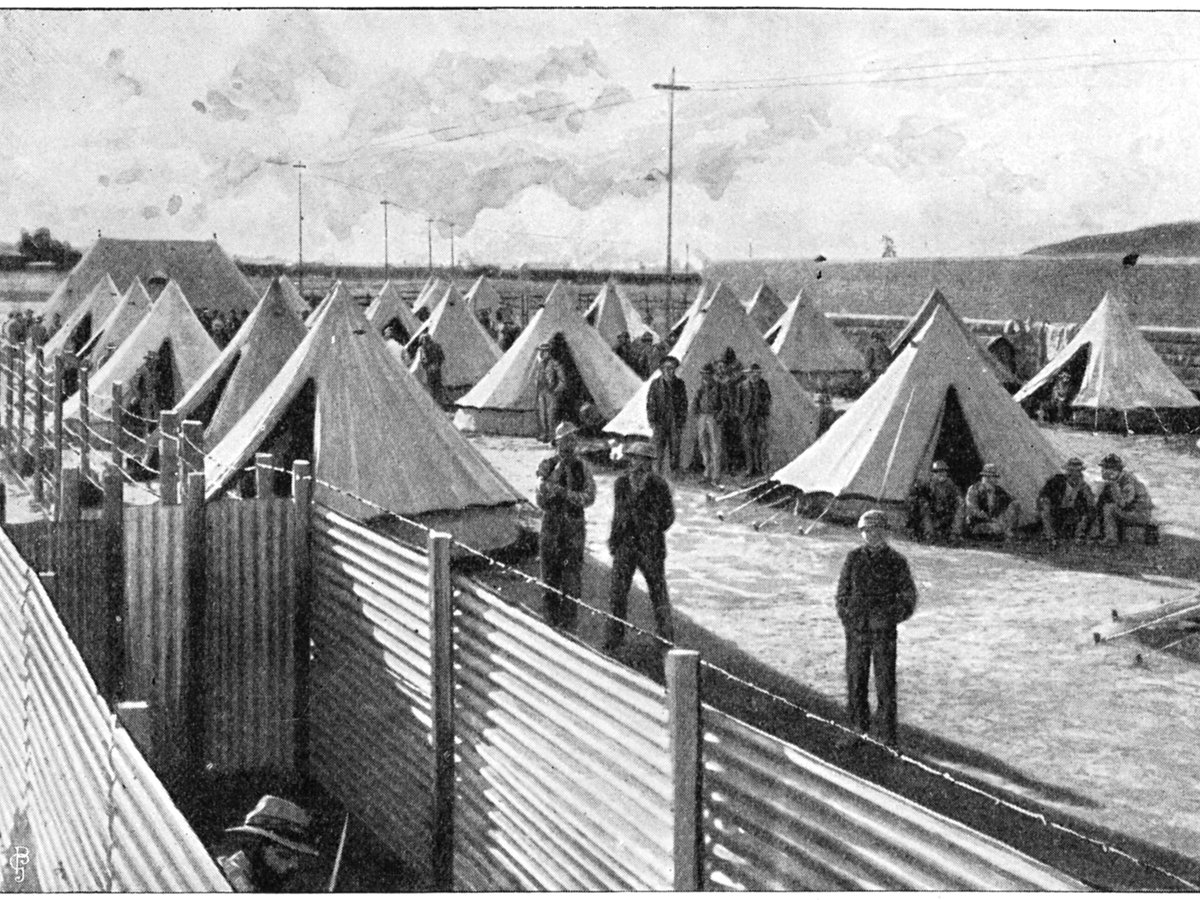
While a sort of reconciliation period came after the victory of the British & subsequent dissolution of the Boer Republics following the war, it’s impossible to wish away the level of devastation seared into the Boer consciousness from the Boer War. 
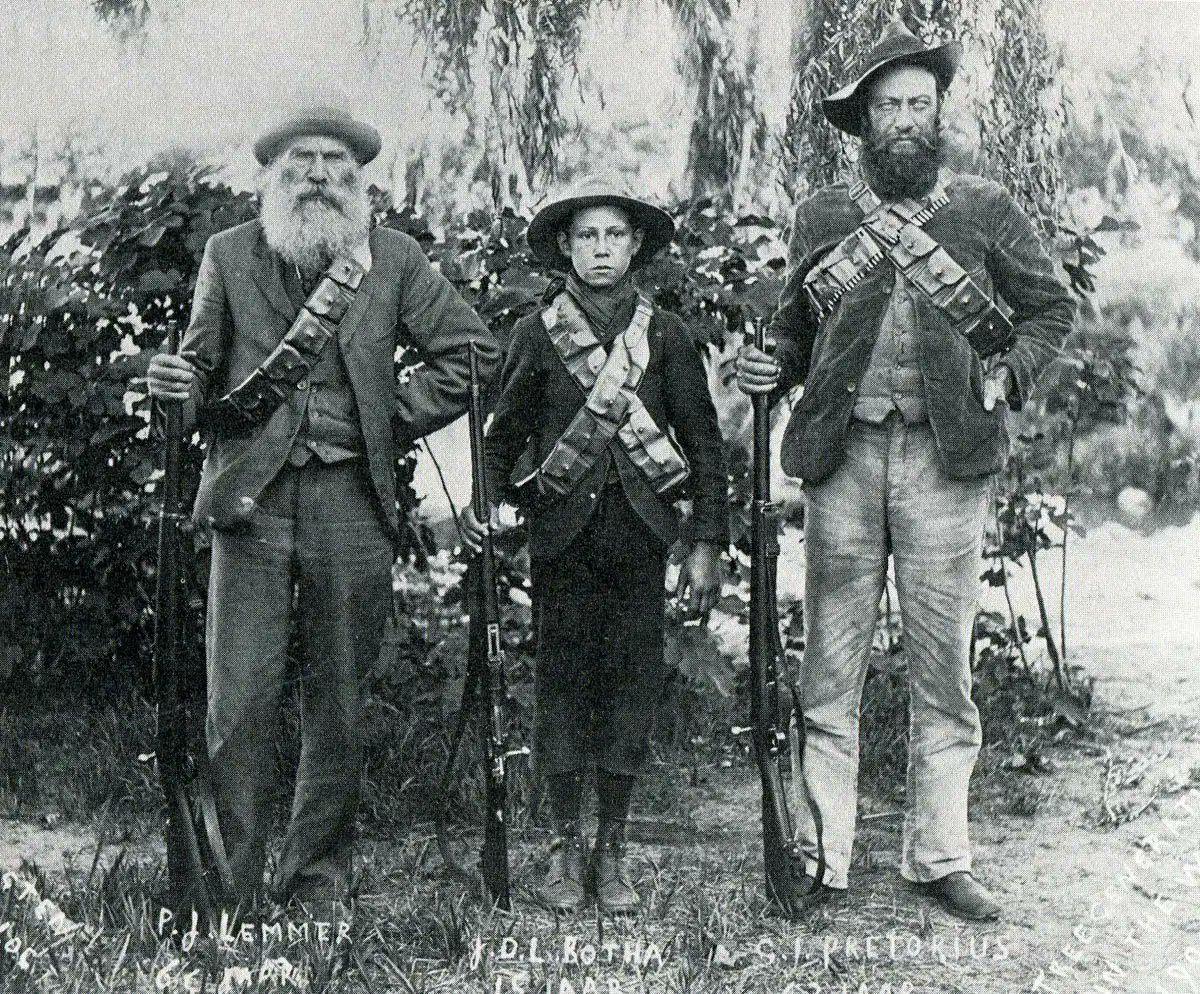
The Afrikaner-orientated National Party ruled South Africa from 1948 to 1994. It was during this period that South Africa became well-known for its Apartheid system of racial segregation, though many of these rules were in place before the NP came to power. 
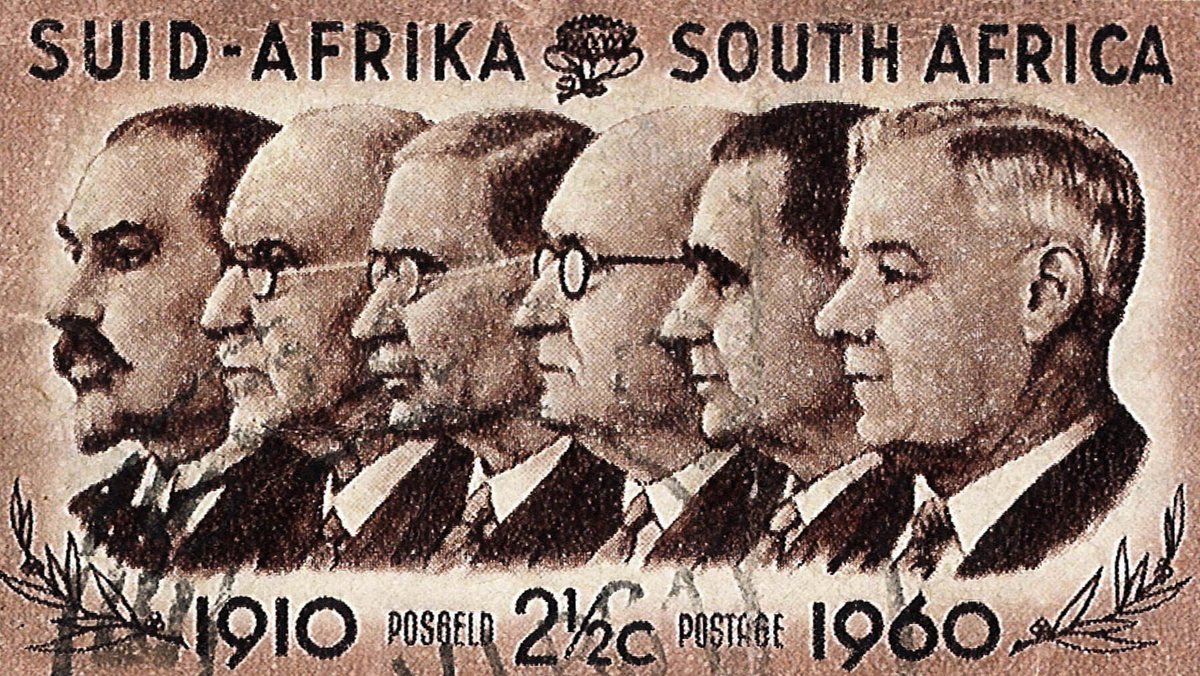
I will not get into Apartheid here, as it’s also a complex period in time with a great number of heroes and villains, international intrigue, and interior drama. SA was fighting conflicts against communist insurgents on multiple fronts. 
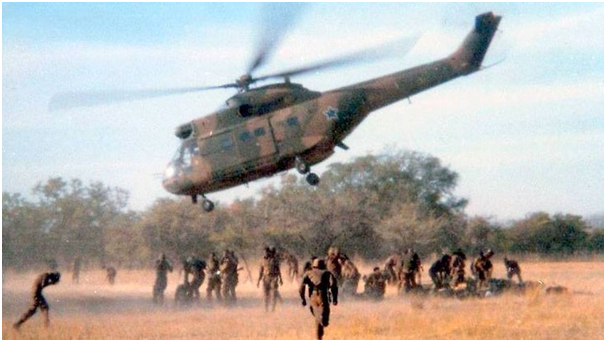
To illustrate the complexity, understand that in the late 1970s the South African military was fighting the Cuban military in Southwest Africa (now Namibia). 
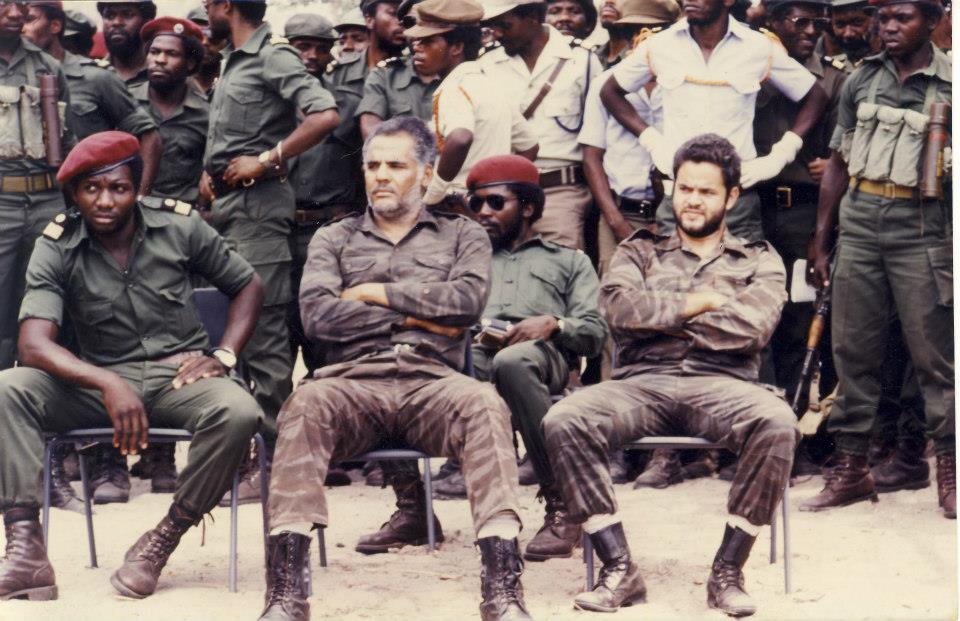
This is the tip of the iceberg when it comes to the political complexity of the time. It’s a fascinating period of history well worth your time to study, and you can be confident that anyone painting this period with a broad brush is a simpleton who shouldn’t be doing history. 
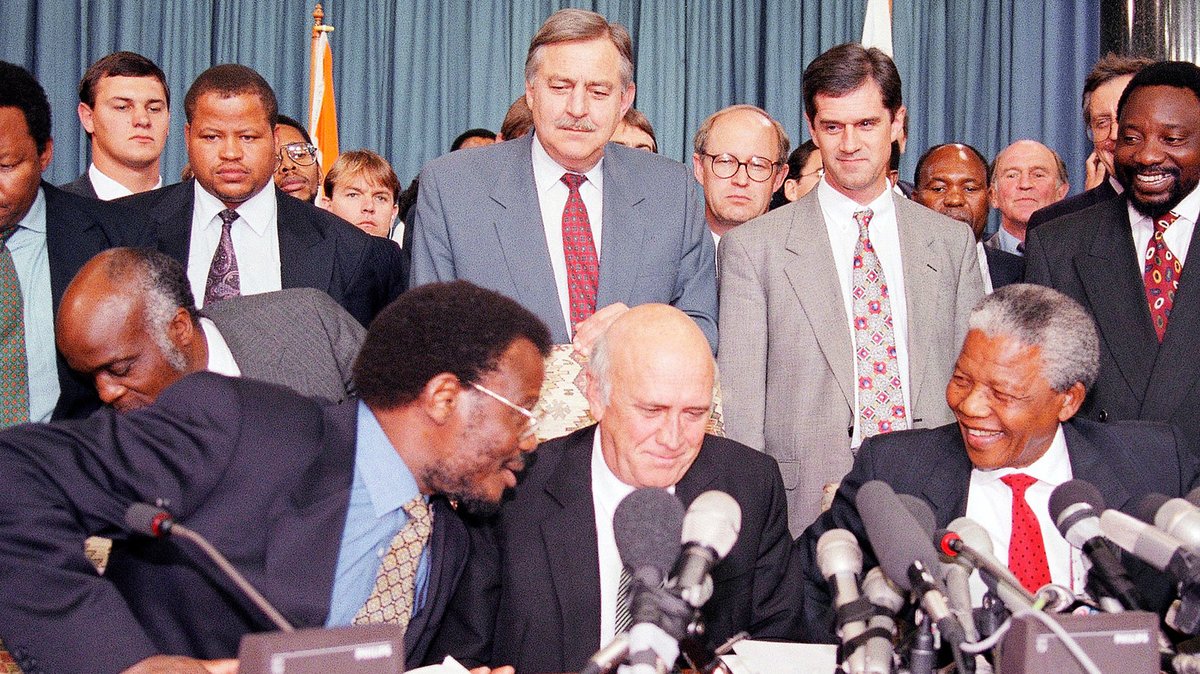
Suffice it to say, Apartheid has been used as the justification in the civilized world to forget, demean, and hate the Afrikaner, as he is to take all the blame for what Nelson Mandela called “the greatest evil in the history of the world.” 
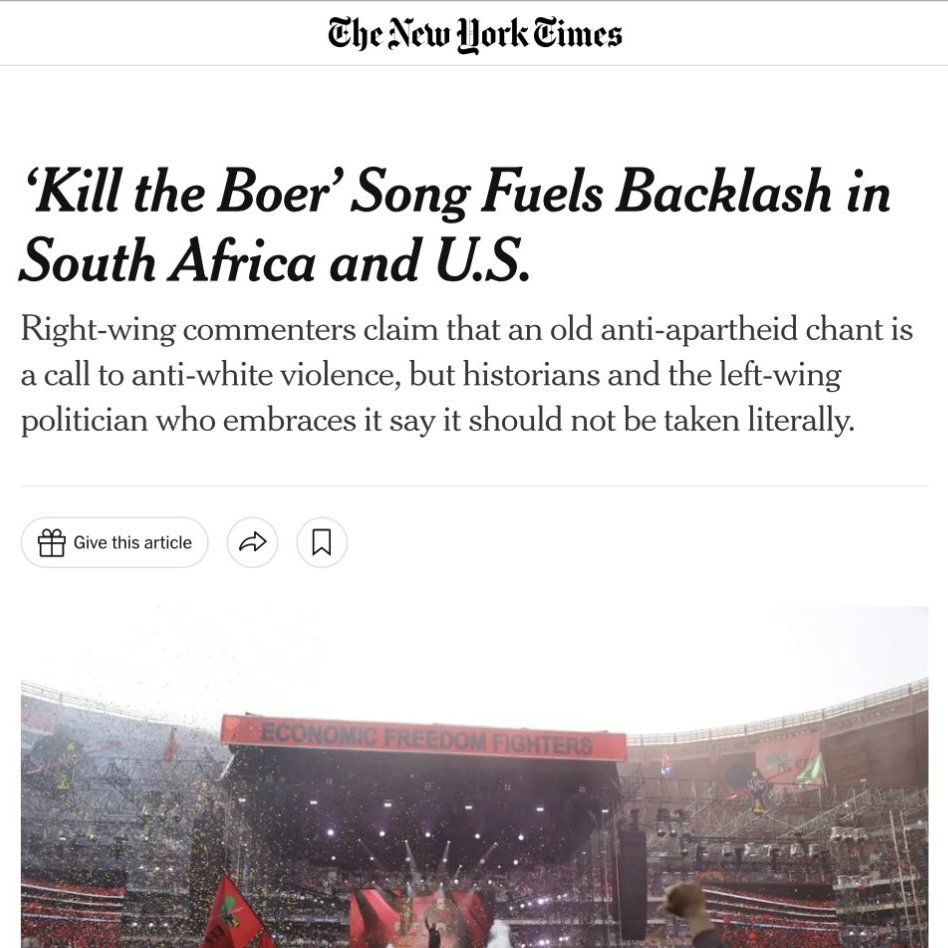
When Mandela came to power in 1994, his party (the ANC, African National Congress) promised to bring reconciliation and peace to the nation. Instead, SA has experienced 30 years of violence, riots, rape, mayhem, and a rapidly disintegrating economic system. 
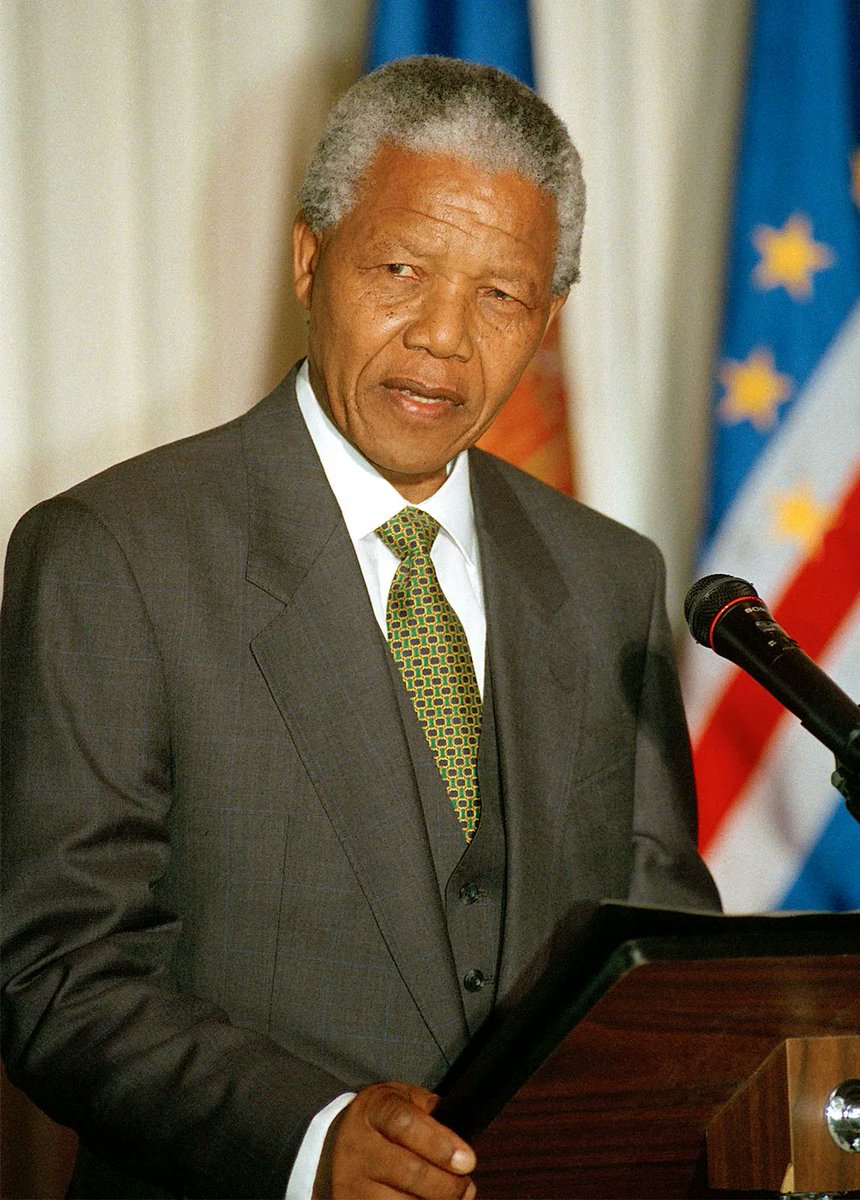
This takes us to modern times, specifically 2009 when I first got to know Afrikaners. They are derided the world over in film, media, and among the establishment political class. As I didn’t really know anything about them at 17, I formed an opinion based on my interaction. 
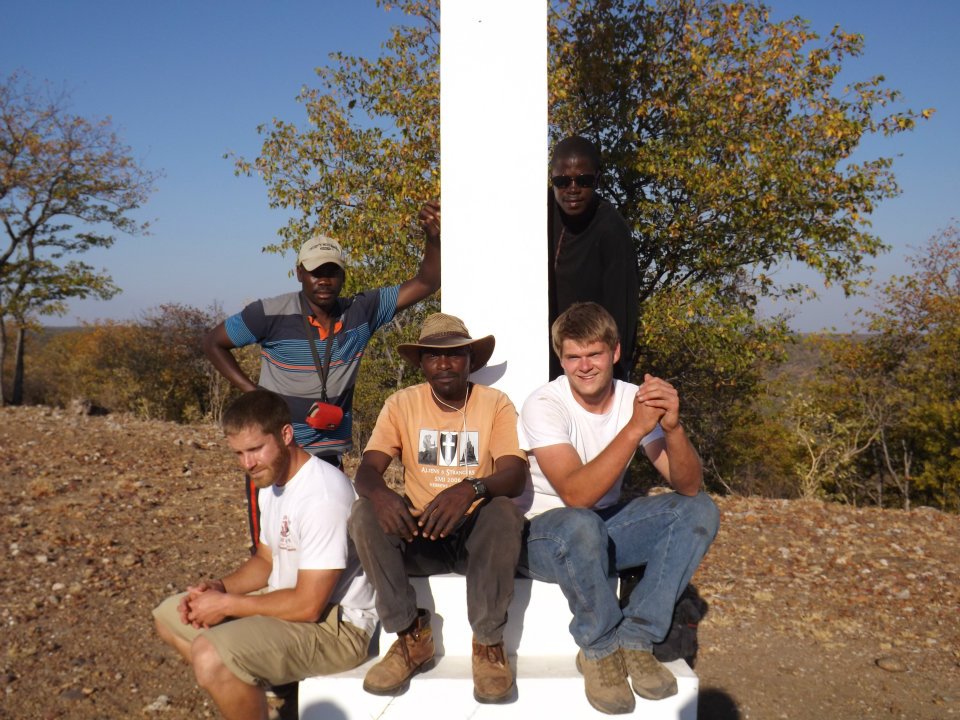
The Boer people have experienced an incredible rate of murder, torture, and rape - not in the cities, but out on their farms in an endless train of farm attacks. These home invasions are horrific and happen constantly. I would know. I was nearly the victim of one. 
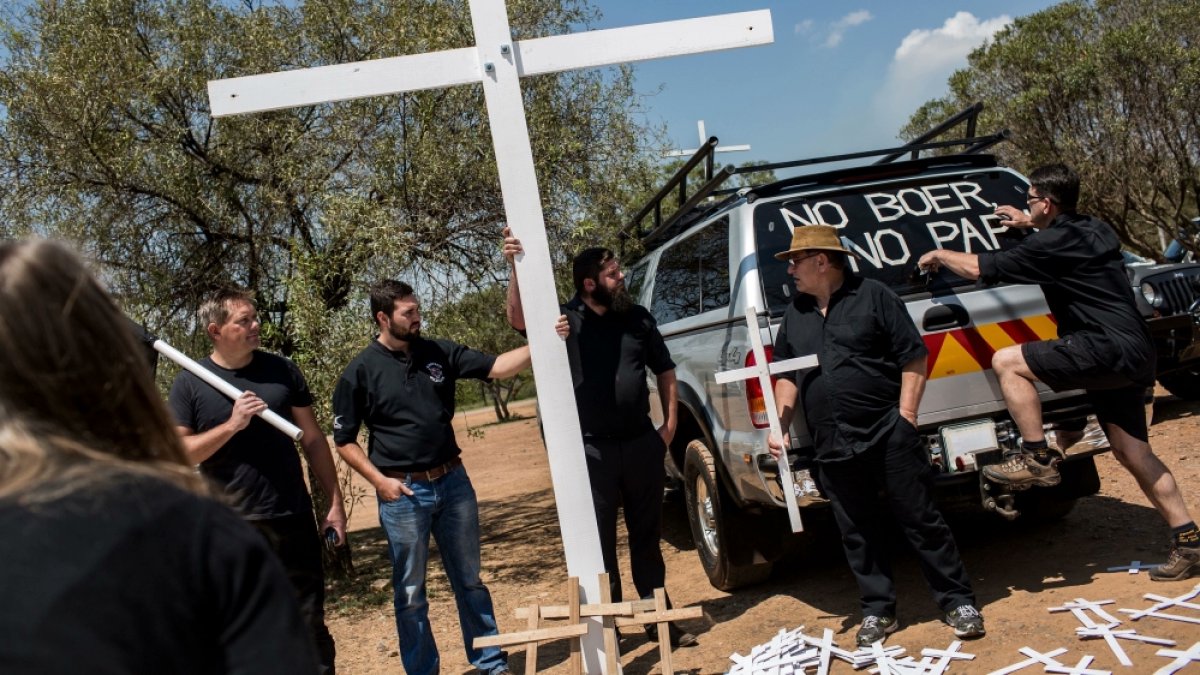
In 2011, I was watching a home outside of Polokwane, the largest city in the northeast part of SA. I was at a friend's house when I received a text message from the security system at the property I was watching.
I rushed out of town to the farm plot and found the door busted open, but thankfully nothing was stolen (probably due to the alarm). Thankfully, I was not home. If I had been, I may not have been able to write this thread.
This was only a few weeks before there was an attempted murder of my neighbor up the road. Unlike the US, in SA the rural areas are, in many ways, more dangerous, specifically for the Afrikaners. It takes a robust character to live in such circumstances. 
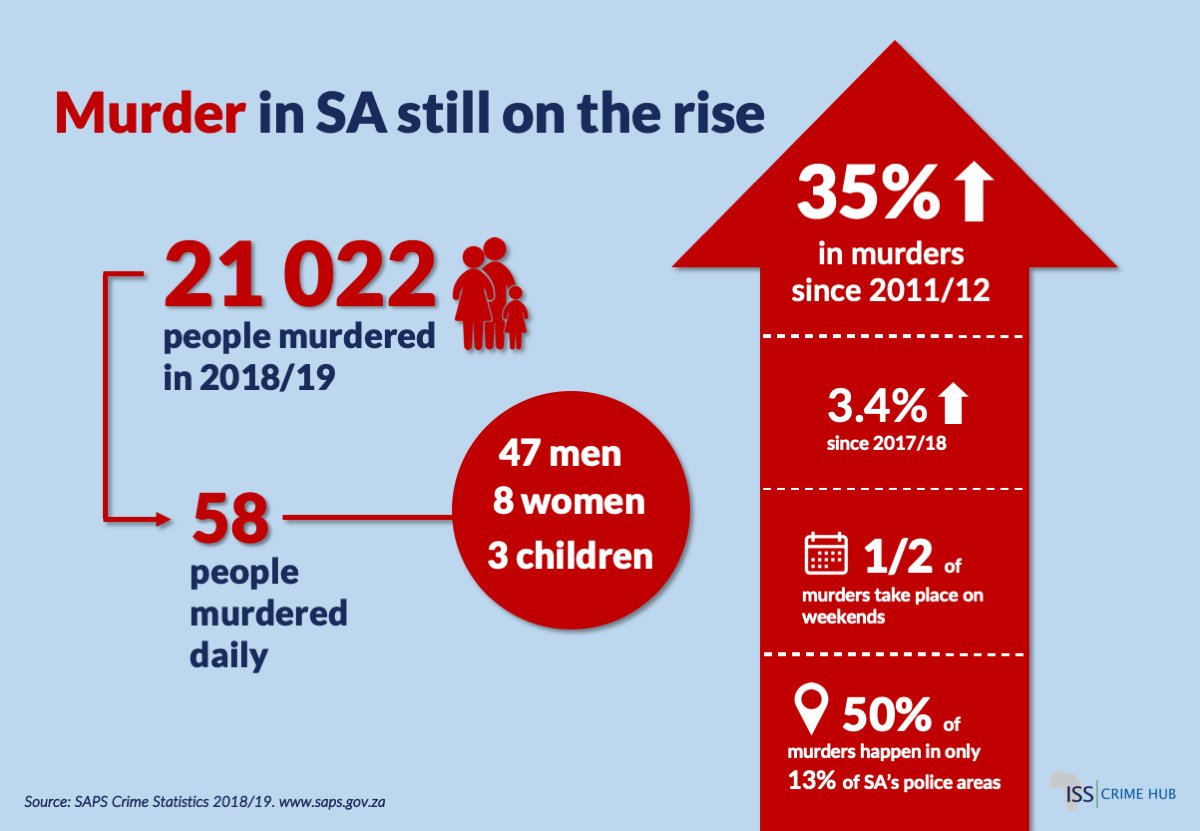
Despite the dangers so often breathing down their throats, Afrikaaners are a typically jovial and upbeat people. They love to laugh, they love their sport, they love their food, and they love the land they live on in a profound way. 
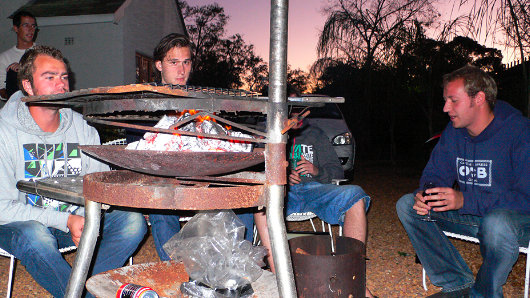
It’s nearly impossible to fit the Afrikaner neatly into any cultural box outside of SA. They are an incredibly distinct people with specific traditions. That being said, as someone who has spent a lot of time in the rural south, I found Boer culture vaguely familiar. 
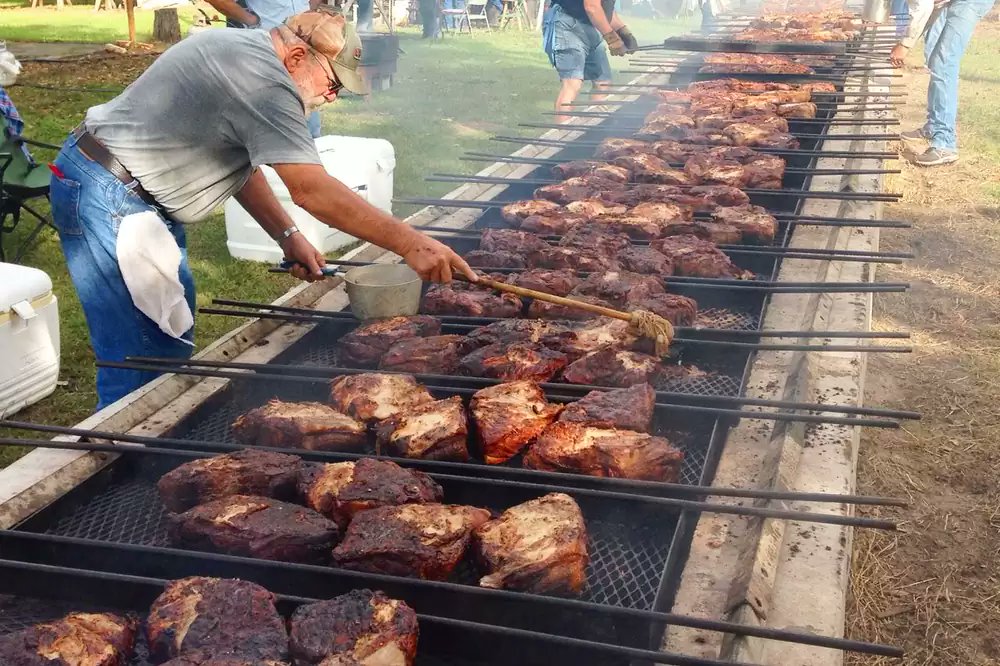
In fact, as you drive through the veld (a sort of prairie) of the interior of SA, you are struck by the aesthetic similarity of the landscape to that of the Hill Country of Central/West Texas. 

Like rural, American Southerners, (especially Texans), Boers typically enjoy grilling meat, hunting, fishing, going to church, getting together with family & neighbors, off-roading trucks, riding horses, and watching sports. The cultural parallels are uncanny.


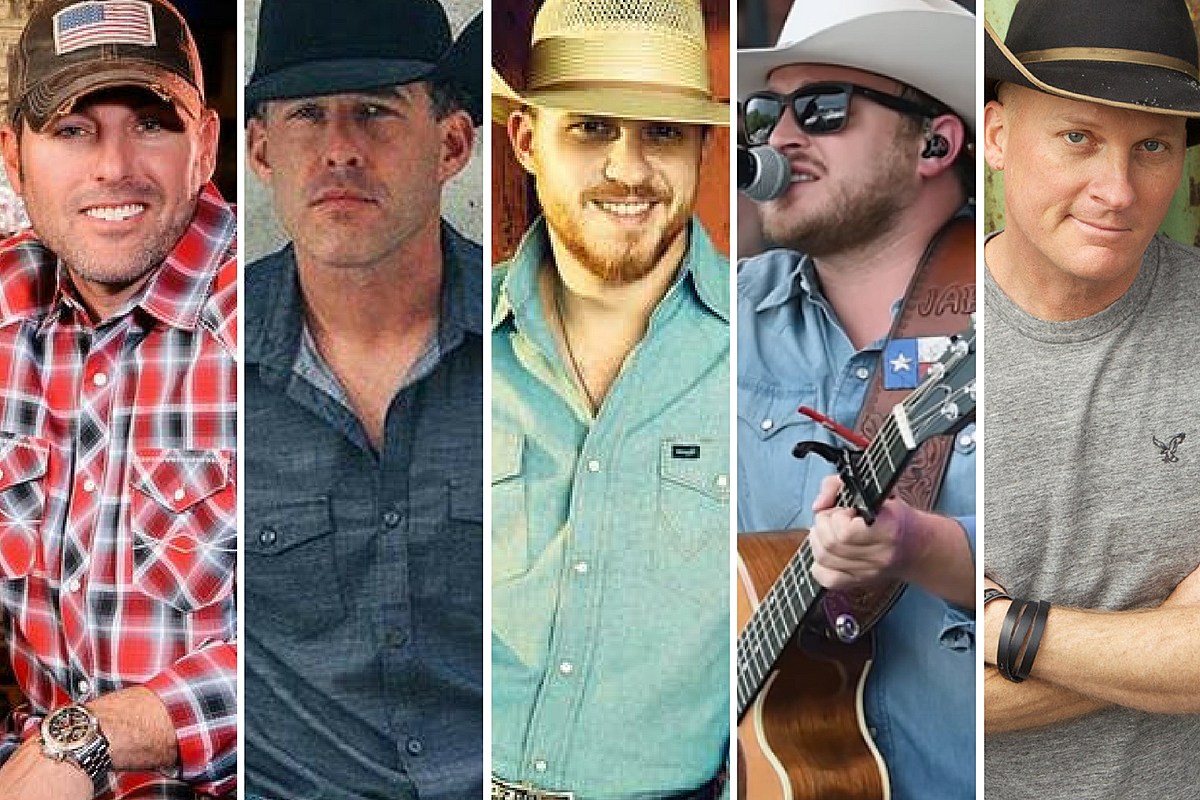
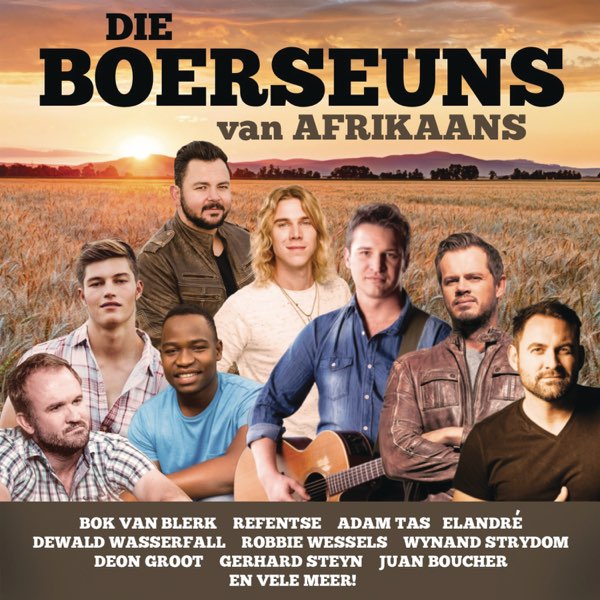
Contrary to stereotypes of being essentially backward white trash, I found Afrikaners to be a proper, orderly, clean people. The houses I was in were spotless & tidy, respect for elders paramount, and education greatly valued. 
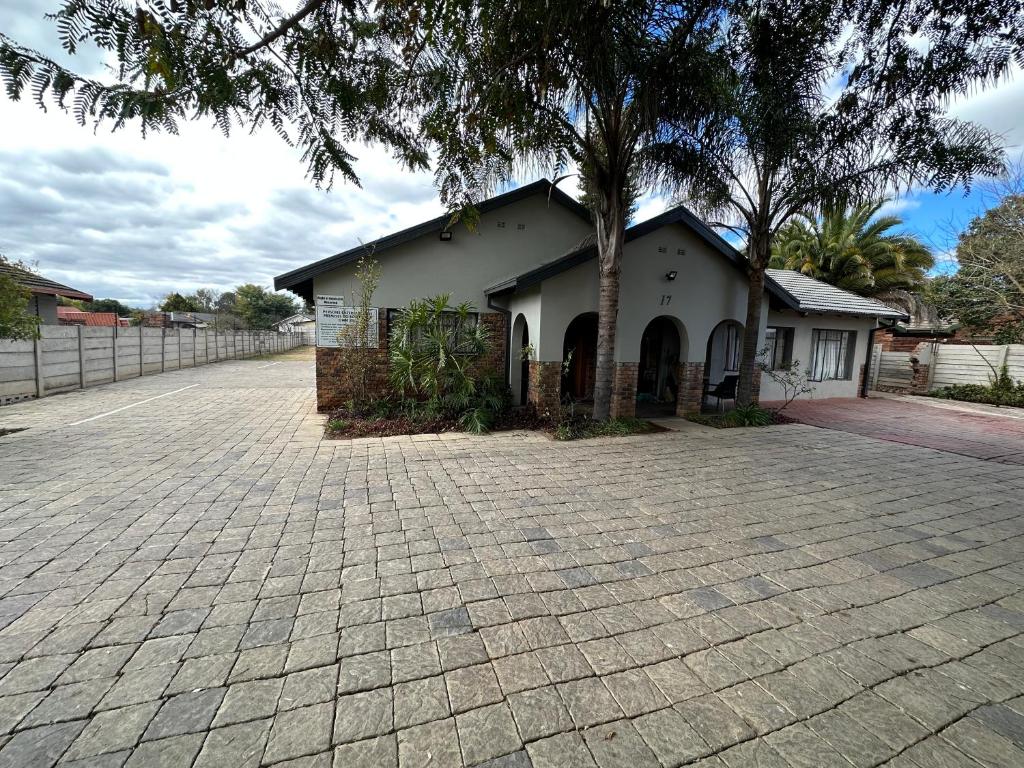
Their church services felt familiar too- almost like a parallel universe in comparison to the rural, Southern, Baptist churches I visited in Mississippi as a child. They are community singers- they share a wealth of songs, jokes, and stories in common. 
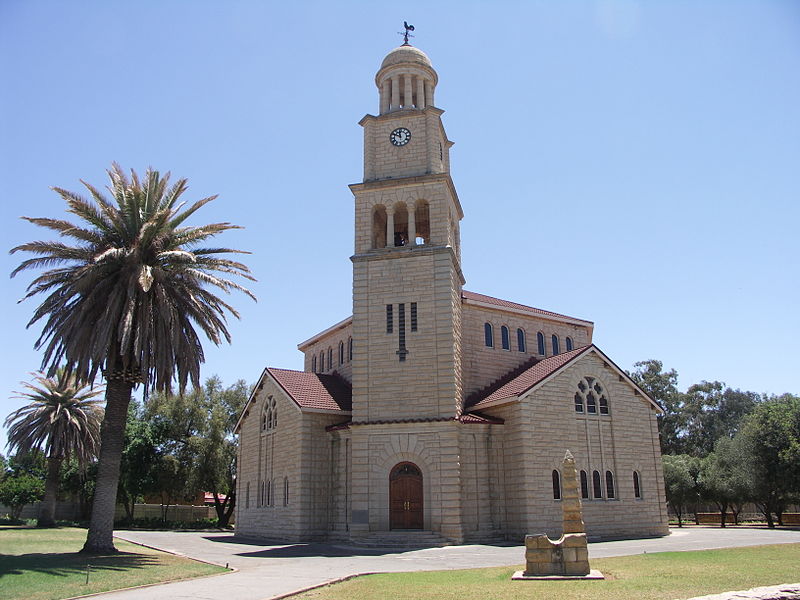
Afrikaner hospitality is exceptional. I was constantly given incredibly comfortable & thoughtful accommodation, & they design their houses and properties with guests in mind. 
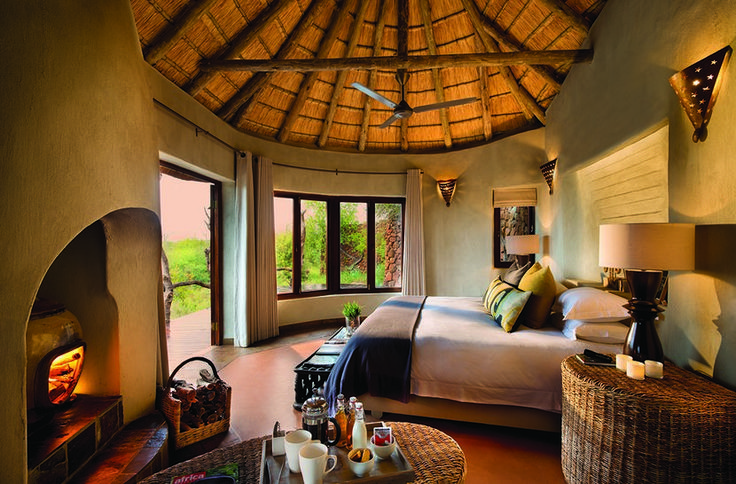
Contrary to what you might think, the SA winter is cold, especially where I was, several thousand feet above sea level. Extra blankets and propane heaters were always provided. 
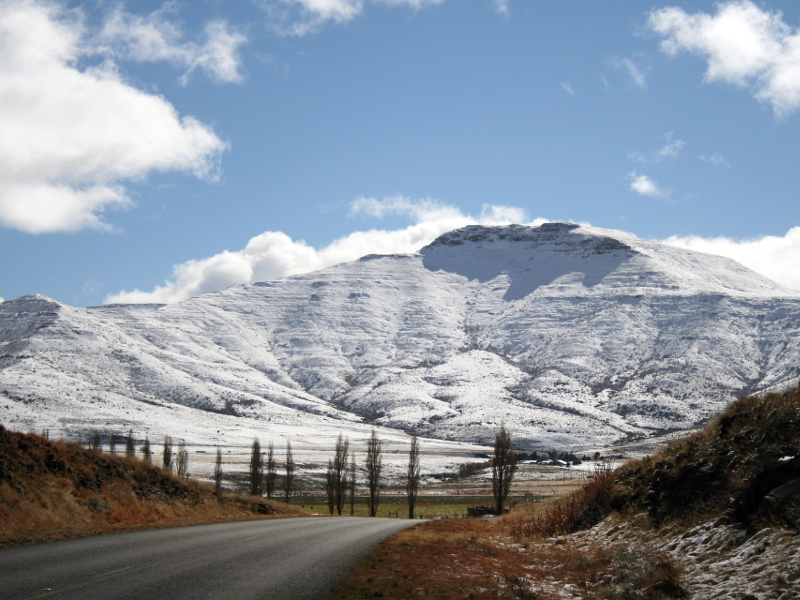
By way of illustration, one Easter morning I was invited to a sunrise service to play guitar. When I arrived at the farm where the service was being held, I realized I was the only English speaker (they speak English but prefer Afrikaans, obviously). 
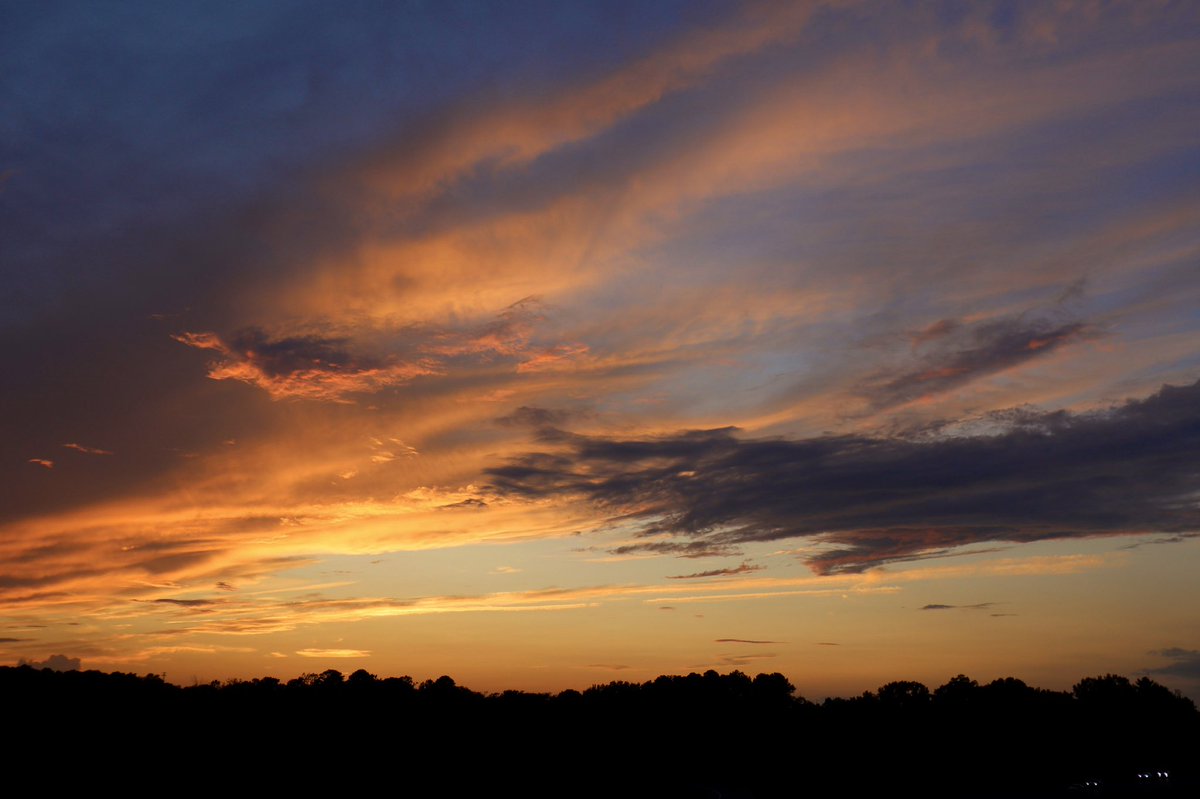
Rather than let me sit in silence the whole time, the Afrikaans pastor spoke completely in English & we sang songs in English as well- just so I wouldn’t feel left out. Sure, there are hard-nosed Boers, but in my experience, this level of accommodation and care was the norm.
South African cuisine, with its Boer, British, Portuguese, & South Indian influence & African ingredients is a severely underrated food culture. The Boers have mastered the art of cooking meat (& literally anything else) over open flame. 
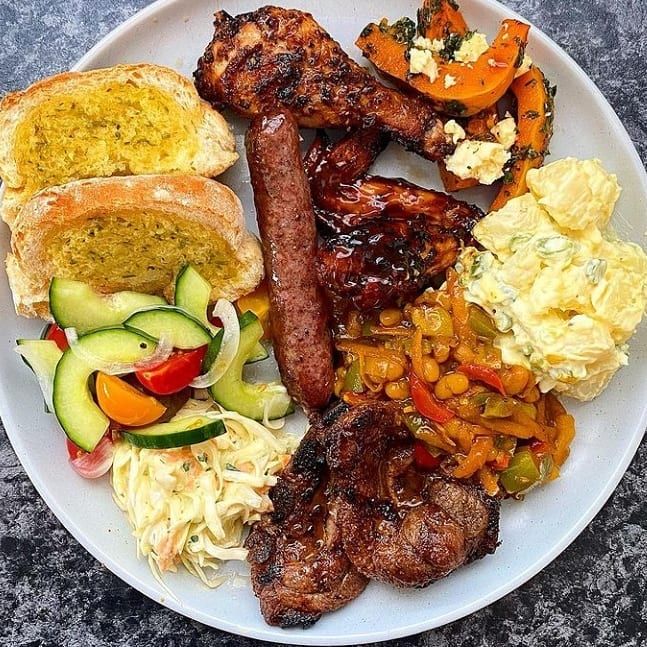
Their deserts are to die for- melktart, koeksusters, malva pudding, etc.- South Asian spices reign supreme with Northern European cooking styles mixed with African ingredients. To this day, I’m never as excited about food as when I come across a SA restaurant or shop. 
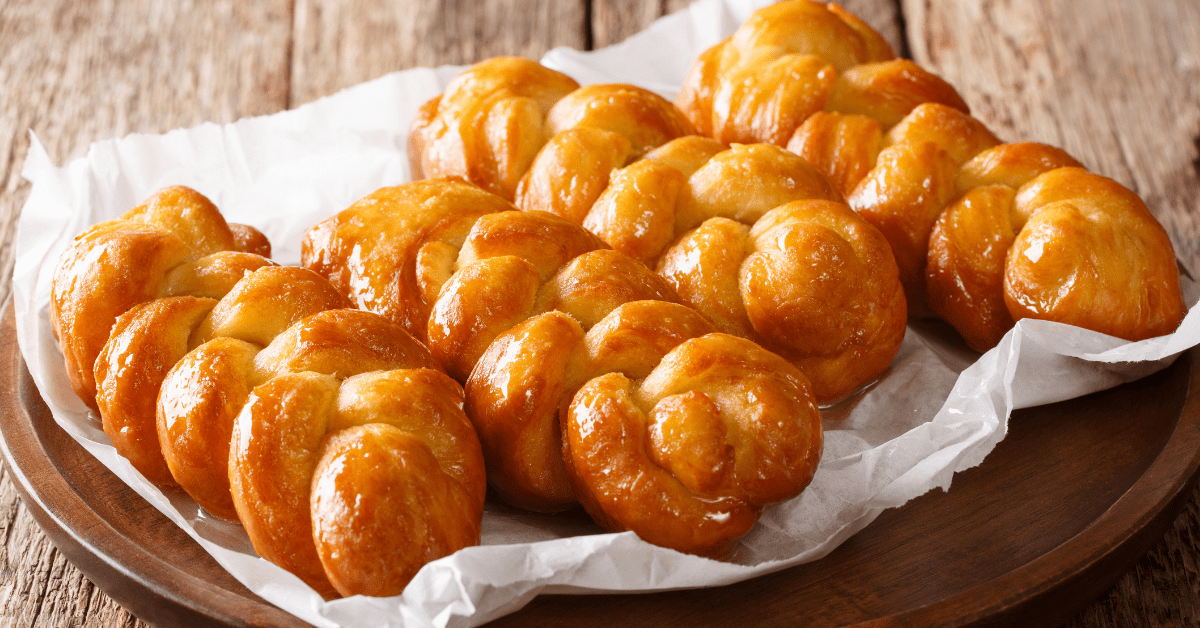
This is probably a good time to give a shoutout to @FarmerBills (SA jerky), one of the (very) few companies in the United States who are making biltong the way it’s meant to be. I had the opportunity to try some a few weeks ago, & it’s the real deal. 
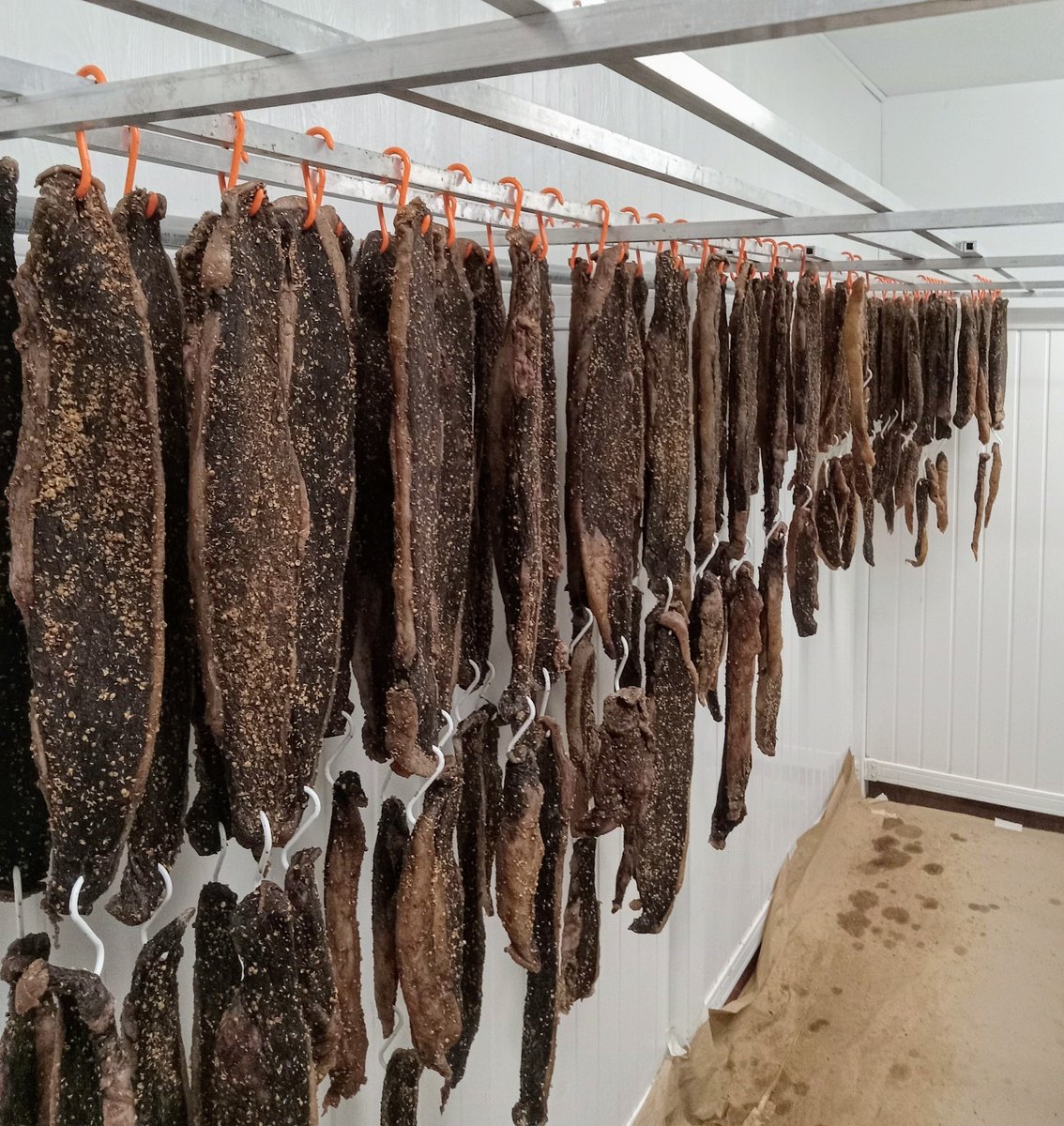
The Afrikaans social tradition is the “bring-&-braai,” a get-together where the host provides wood, a grill, & space to hang out, & attendees bring side dishes, wine (especially if you live in the Cape) & meat to grill. 
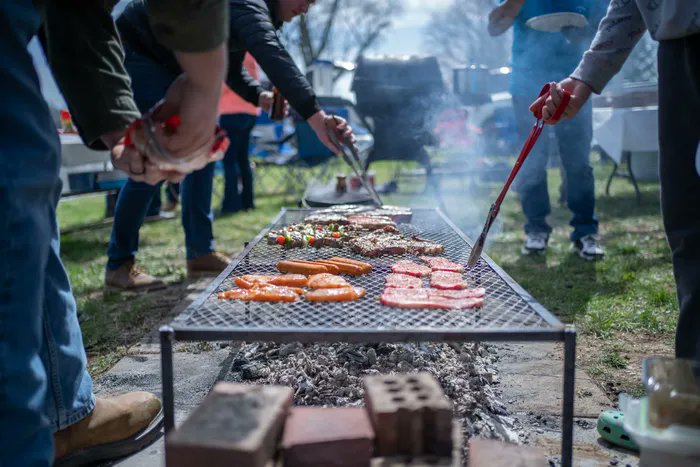
One of the beautiful aspects of this particular type of social gathering is the lack of ceremony - there need not be an engagement, 1st birthday party, or gender reveal- Afrikaners get together just for the pleasure of each other’s company, & they’ll do so every week. 
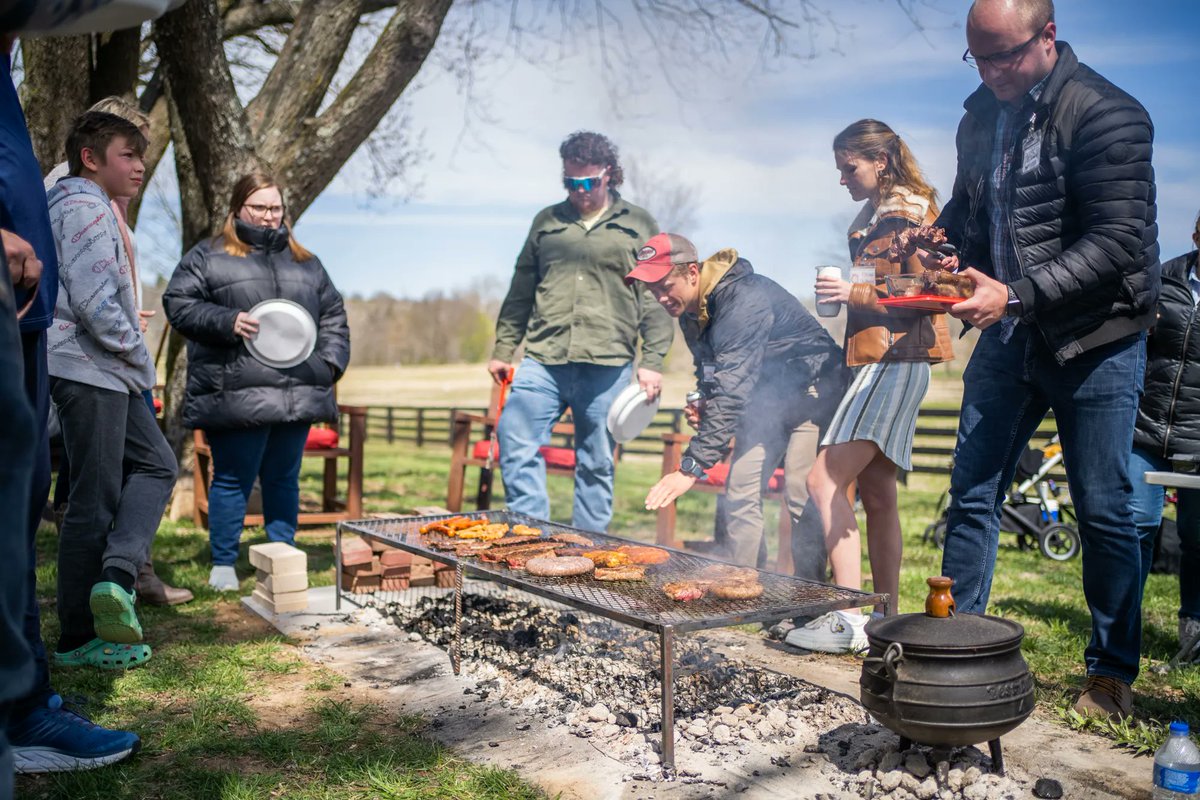
One of the most enjoyable varieties of the bring-&-braai is when everyone goes out to a game park or other outdoor locale. As the weather in much of SA is typically very good, spending time outdoors is typical.
Some of the most memorable times of my life have been sitting by a fire, late at night, trading stories, jokes, singing songs & making merry with Boer friends (among many other types of South Africans). 
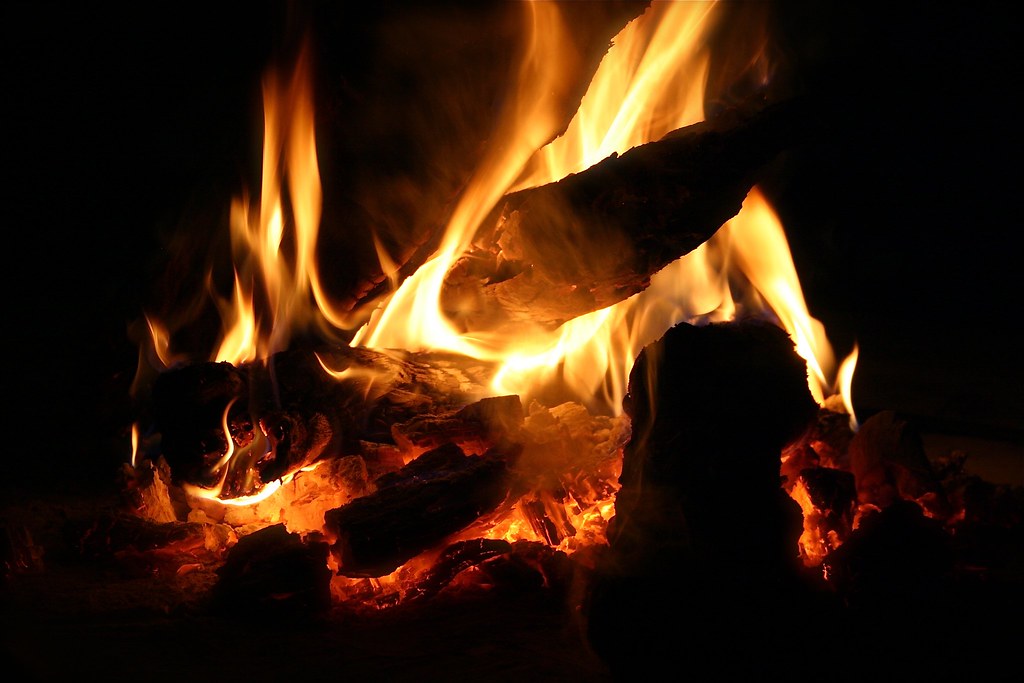
A note on the Afrikaans language: while the initial sounds of a deep guttural & rolling-r are immensely intimidating to an English speaker, you may be surprised to learn that it’s the easiest language for an English speaker to learn.
The grammar is very simple & follows the same logic as English - some sentences are mutually intelligible (for example, “My pen is in my hand” - same in both languages). Once the difficult sounds are mastered, one can become fluent in Afrikaans in very little time.
It’s not terribly difficult to understand written Afrikaans either or listen to music, as the syllable flow and poetic meter are much closer to that of English than a language like Spanish or Korean. 
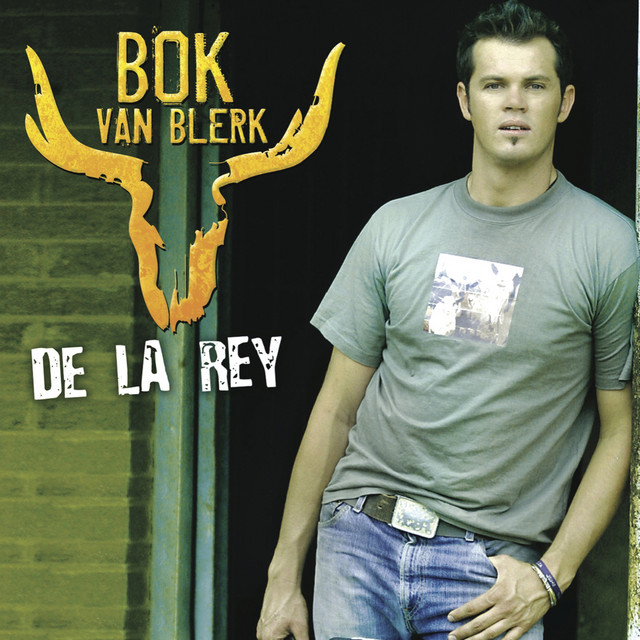
Interacting with Afrikaners, one gets the sense that they are, in the realest sense of the word, a nation within a nation. While there are political borders that designate the boundaries of SA, Namibia, Botswana & Zimbabwe...
the Afrikaner as a people is distinct among these nations- just like the Zulu, Xhosa, & Venda.
Media depictions make one think that Boers are basically European squatters- white people who happen to be African but don’t belong there. This could not be further from the Boer understanding of their place in the world.
The Afrikaner’s roots are European, but in his heart he belongs to the deserts, mountains, plains, and hills of his native Africa. This is why for those Boers who are still in SA (which is most) there is no plan B- Africa is home, come hell or high water.
Because of the increasing threat of violence, many Boers have already left SA, but the fact of the matter is that most cannot, and will never be able to. They will have to stick out whatever is on the horizon for SA. 
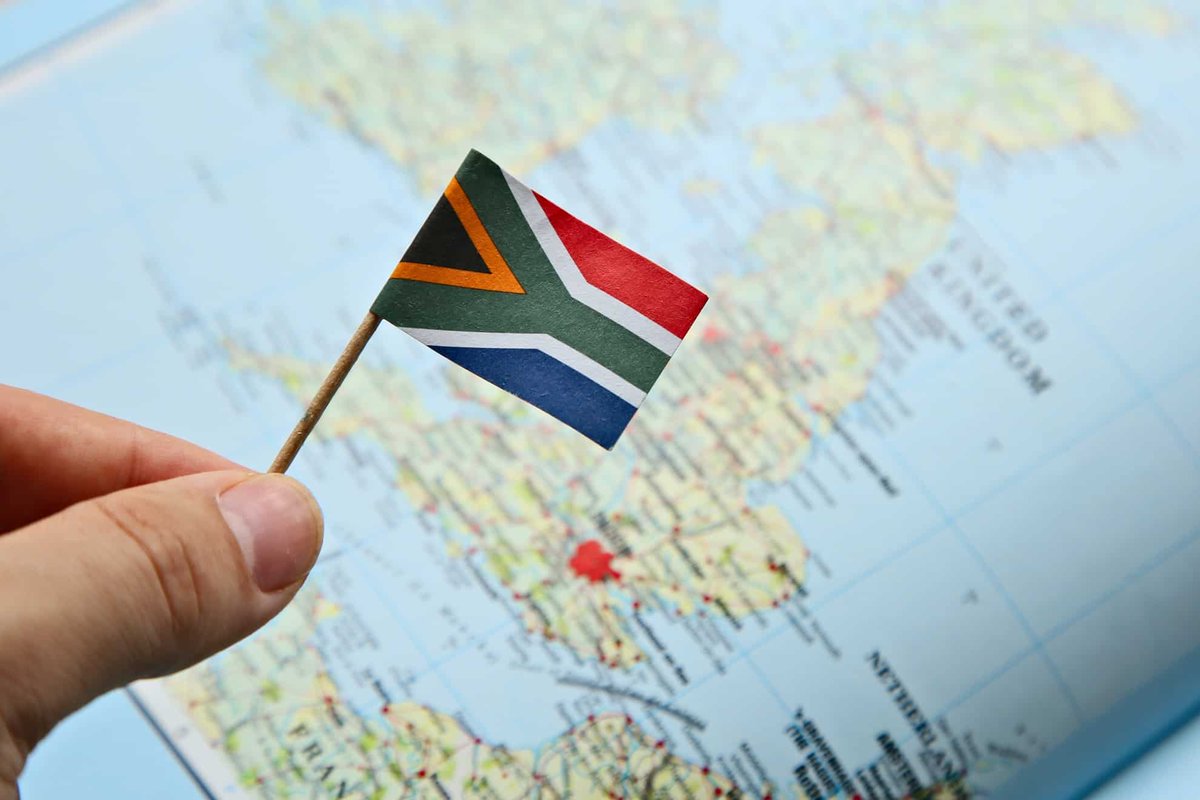
The Boers are one of the few people groups that Western nations (like the US) will never allow to enter en mass, even if the direct policy of their nation was to genocide them (which one could argue, it is).
They must be perpetually punished by polite society. They have the wrong skin color, faith, and adhere to too many traditional values to benefit the cosmopolitan multicultue of the West.
This has been blatantly evident in the way the farm murders are treated like a “white supremacist” conspiracy, with the likes of the ADL referring to such in their press brief on the subject as “baseless claims of white genocide.” 
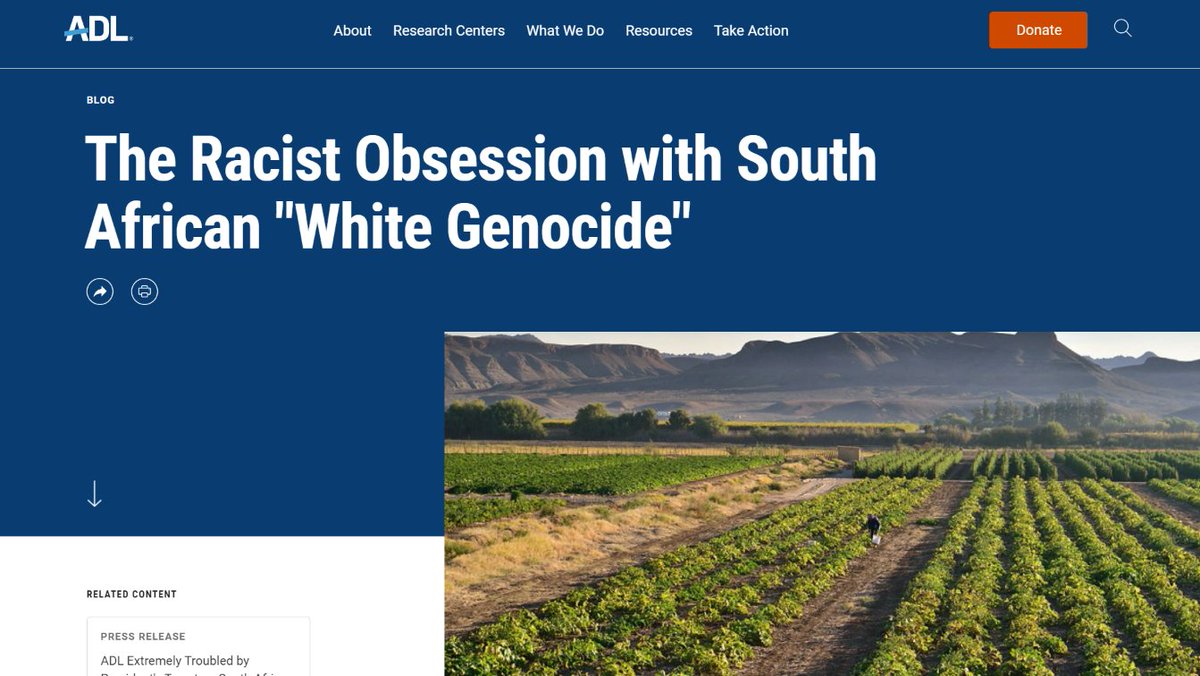
The truth is that the Boer is and has been in the crosshairs of the government under which he lives. Somehow, even in the midst of this, he maintains a stiff upper lip and presses on.
This is perhaps best illustrated during the riots of 2021, when neighborhoods banded together to defend themselves against the violent looters. 

Much more could be said. Indeed, learning more bout these fascinating people is worth your time. One thing is certain for me- the Boers I’ve known showed me love, care, concern, & treated me like a brother. Their lives matter & they deserve peace, safety, & security as a people.
If you’d like to learn more about the Boers, here are a few suggested resources
A movie: “Blood and Glory” is a recent film about the Boer War. It’s not a Hollywood production but it was very well done. Recommended.
amazon.com/Blood-Glory-Gr…
A movie: “Blood and Glory” is a recent film about the Boer War. It’s not a Hollywood production but it was very well done. Recommended.
amazon.com/Blood-Glory-Gr…
A documentary -”Farmlands” is over 5 years old at this point, but still as relevant as ever. It is probably one of the best works done on the farm murders.
A book - Peter Hammond has been a missionary in South Africa for decades. He has written a countless number of books, most of which I’ve read. This is a good beginning intor to SA history.
smashwords.com/books/view/687…
smashwords.com/books/view/687…
A lecture -also Peter Hammond, a lecture on the Battle of Blood River - in immeasurably important even in the Boer timeline sermonaudio.com/sermoninfo.asp…
• • •
Missing some Tweet in this thread? You can try to
force a refresh

 Read on Twitter
Read on Twitter
